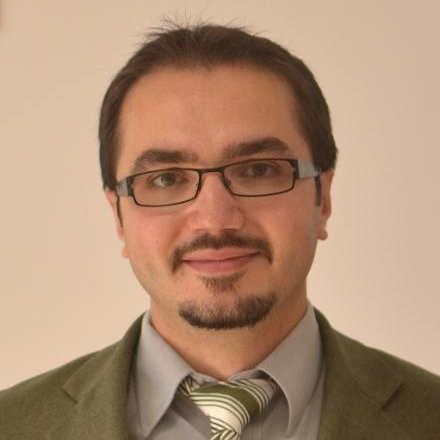 Adrian Arfire
Adrian Arfire
Metrology Engineer, Airparif
Adrian Arfire received his PhD in Robotics, Control, and Intelligent Systems from the Swiss Federal Institute of Technology in Lausanne (EPFL) in 2016, with a thesis on “Mobile Sensor Networks for Air Quality Monitoring in Urban Settings”. During his thesis, he was in charge of the technical development and the management of the Lausanne wireless sensor network deployment for the Nano-Tera.ch OpenSense project – which strived at a better understanding of urban air pollution and its effect on citizen health by leveraging novel sensing technologies. Since 2017, he has joined the Metrology Laboratory of Airparif, where he is using his knowledge in distributed intelligent sensing systems to contribute to Airparif’s digital strategy and the adoption of novel sensing technologies. In particular, since 2019 he has has been the project manager of the AIRLAB Microsensors Challenge.
Virtual Fall Series Session 2: Scaling-up Low-cost Sensor Evaluation and Network Integration: the Paris / Ile-de-France Experience
Felipe Aguirre
Executive Director, Comite Pro Uno
Since November of 1997, Felipe Aguirre has served as the Executive Director of Comite Pro Uno in Maywood, California. He founded and developed this community organization that created several community empowerment movements including tenants’ rights, Environmental Justice and citizenship. Prior to that Mr. Aguirre has worked extensively with multiple community based organizations, non-profits, and in government, including as Councilperson and Mayor of the City of Maywood from 2006 to 2013.
Virtual Summer Series Session 2: High-Density Deployment of PM2.5 Sensors in the Maywood Environmental Justice Community
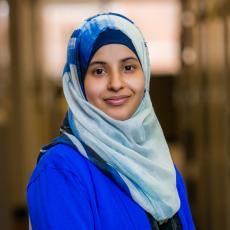 Karima Alwishah
Karima Alwishah
Student, University of Michigan-Dearborn
Karima Alwishah is the Program Coordinator for the Environmental Health Research-to-Action program in Dearborn, MI. She is also a student at the University of Michigan-Dearborn where she studies public health and has been recognized as a Difference Maker. Ms. Alwishah also served as a 2018-2019 Clean Air Council member of the Michigan Environmental Justice Coalition and is an advocate for environmental justice locally.
Virtual Summer Series Session 2: Building Youth Capacity for Community Science and Policy Advocacy in Dearborn, MI
 Carlos Arambula
Carlos Arambula
Laboratory Technician, Nevada State College
I am undergraduate student at Nevada State College. I am majoring in Environmental Resource Science with a minor in Chemistry and plan to graduate in the fall of 2020. I am currently a working at the Desert Research Institute as a student researcher.
Virtual Summer Series Session 3: Clean Air Tourism: Assessment of Individual Exposure to Indoor and Outdoor Air Pollution on the Las Vegas Strip Using Portable Sensors, Las Vegas, Nevada, USA.
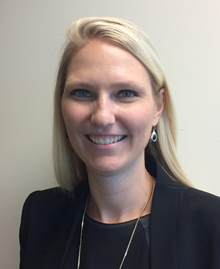 Kristen Benedict
Kristen Benedict
OAQPS Sensors Team Lead, U.S. EPA
Kristen Benedict is in EPA’s Office of Air and serves as the team lead on collaborative efforts to promote the understanding, collection, and use of data generated by air sensors and other emerging measurement technologies. Her team is comprised of experts across disciplines including ambient and source measurement, health and environmental impacts, data collection and display, analysis, and outreach. Kristen received an undergraduate degree in Environmental Science from the University of Virginia and a Masters degree from North Carolina State University in Atmospheric Science.
Virtual Fall Series Session 4: A Brief Overview of EPA Communication & Interpretation Sensor Activities

Yann Boquillod
Air Quality Monitoring Director, IQAir
Yann Boquillod is an entrepreneur with a background in big data and AI. Yann started several companies including AirVisual (now part of IQAir group) with the goal of bringing trusted and reliable air quality data to the world. The IQAir AirVisual project is now providing air quality data to tens of millions of people around the world, through the highly popular and accurate air quality app on iOS and Android: AirVisual.
2021 Virtual Session: Combining Low-Cost Sensors and Reference Networks for Communicating Air Quality
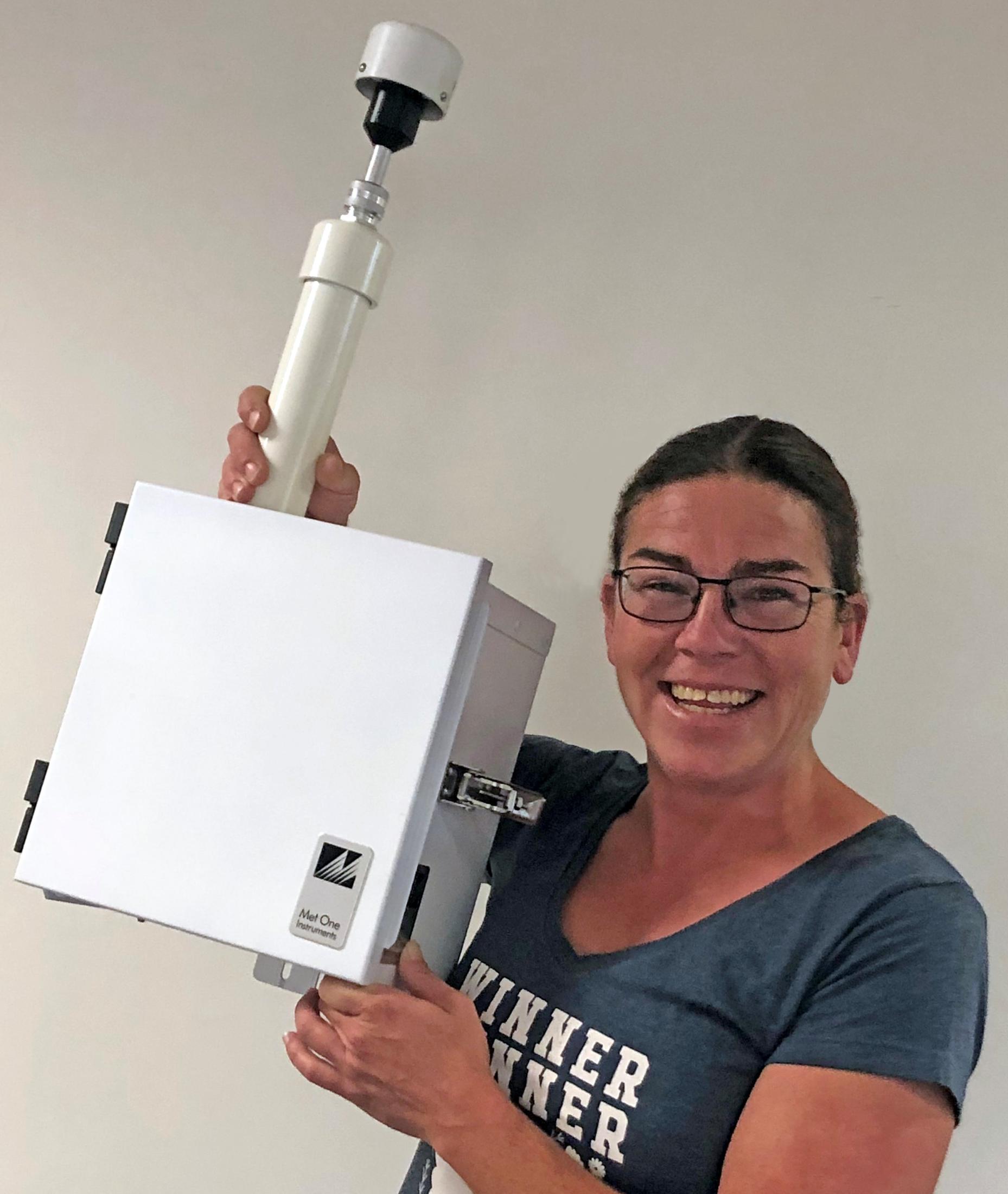 Jen Brown
Jen Brown
Business Scientist, Met One Instruments, Inc.
I work with the buisness development group at Met One Instruments, Inc. based out of Grants Pass, OR. I have an MS in Chemistry from the University of Oregon and BS in Physics-Materials Science from Southern Oregon University. One of my responsibilities with Met One Instruments is to manage the operations and analyze data collected from optical and regulatory air quality monitors from multiple field sites across the country.
Virtual Fall Series Session 1: Regulatory Comparison of Low Cost OPC Instrumentation for Ambient Particulate Mass Concentration Measurement
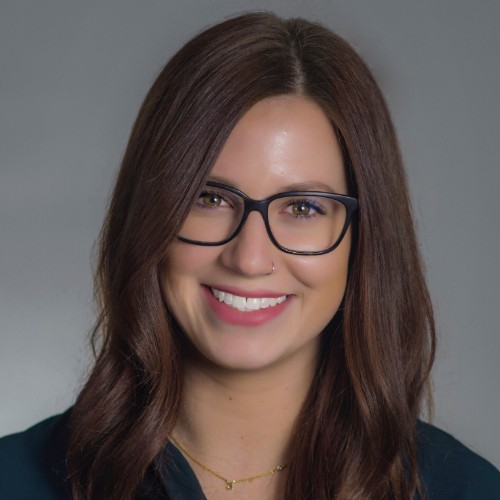 Aubrey Burgess
Aubrey Burgess
Love My Air Program Coordinator, Denver Department of Public Health & Environmental
Aubrey Burgess is the Program Coordinator for the Love My Air program at Denver’s Department of Public Health and Environment. She works closely with schools to monitor local air quality and limit air pollution and exposure to pollution through behavior change, advocacy, and community engagement. Aubrey has a Bachelor’s in Sustainability and Environmental Studies from Florida International University and a Master’s in Environmental Assessment from North Carolina State University.
Virtual Fall Series Session 3: Engaging School Communities in Air Sensors
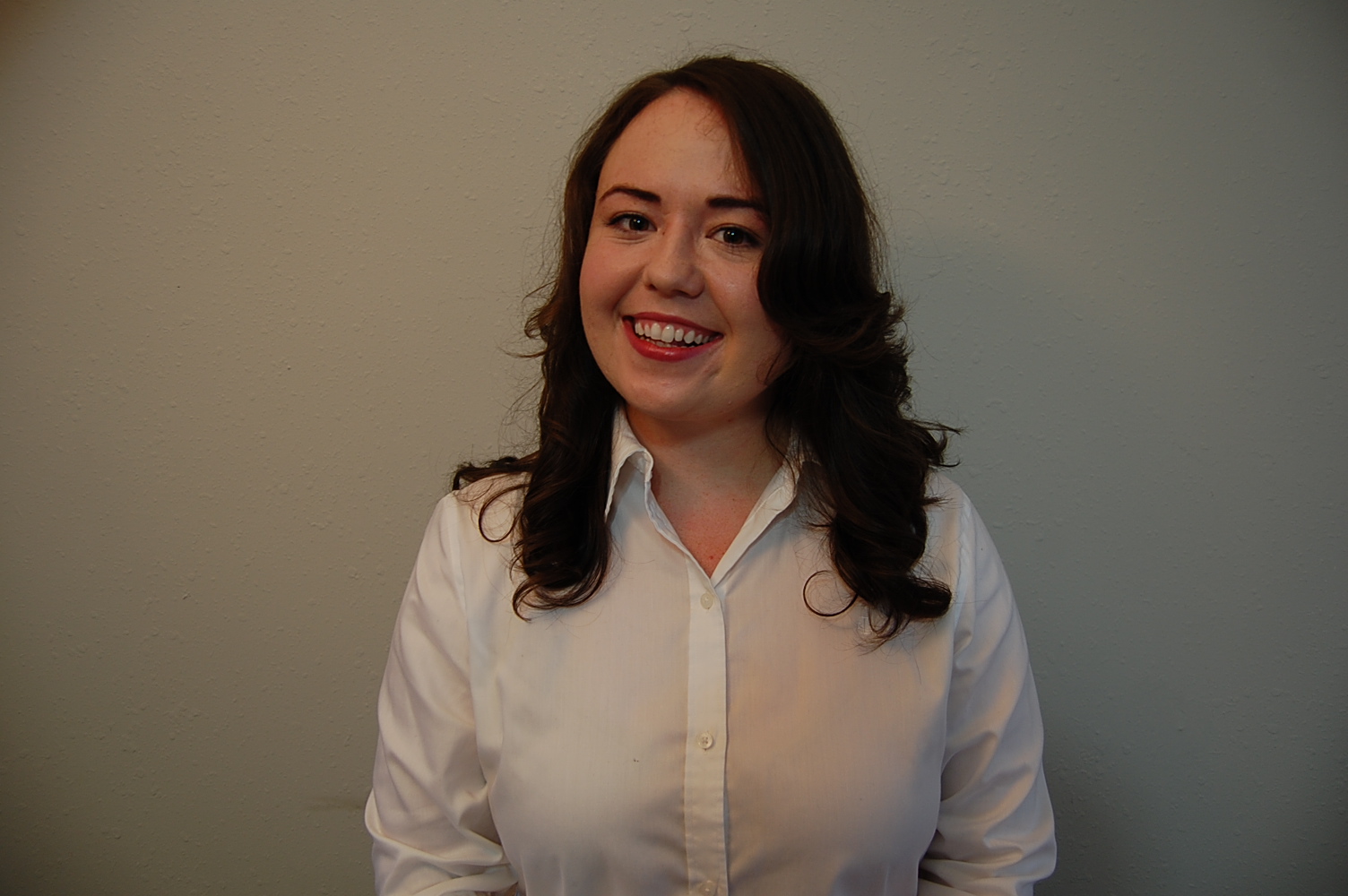 Yvonne Cappel-Vickery
Yvonne Cappel-Vickery
Air Quality Technical Intern, Denver Department of Public Health & Environment
Yvonne Cappel-Vickery is the Air Quality Division Technical Intern. Yvonne works closely with the Love My Air Program Coordinator to expand air quality education, advocacy and community engagement within Denver Public Schools. Yvonne has a background in bilingual education and environmental communications. Yvonne has a Bachelor’s Degree in Mass Communications and French from Loyola University New Orleans and is currently pursuing a Master’s Degree in Environmental Policy & Management from the University of Denver.
Virtual Fall Series Session 3: Engaging School Communities in Air Sensors
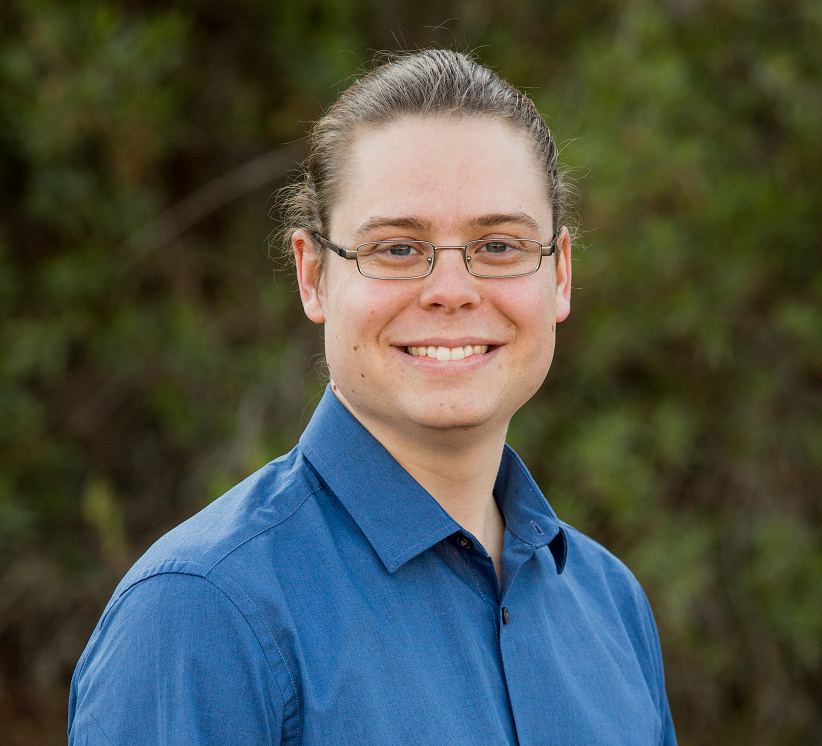 Graeme Carvlin
Graeme Carvlin
Air Resource Specialist, Puget Sound Clean Air Agency
Graeme Carvlin is an Air Resource Specialist with the Puget Sound Clean Air Agency. He has a PhD in Environmental Health from the University of Washington and an MS in Chemistry from UCSD. Graeme works at the intersection of air sensors and community science. Currently he is developing web tools to help the public make sense of their sensor data.
Virtual Summer Series Session 1: Web Tools for Sensor Data
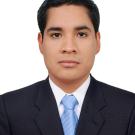
George Castelar
Analyst Specialized in Environmental Quality, Metropolitan Municipality of Lima
Environmental engineer from The National Agrarian University, with experience in air pollution management, environmental management in the energy sector and socio-environmental conflict resolution. He currently works in the Air Quality and Environmental Assessments Department in the Metropolitan Municipality of Lima, also is member of the National Institute of Quality: Monitoring and Measurement Methods of Environmental Quality Standards - Technical Sub-Committee.
2021 Virtual Session: Sensing for Cities
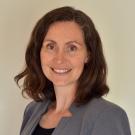
Zoë Chafe
Technical Lead for Air Quality, C40
Zoë Chafe serves as Technical Lead for Air Quality at C40. In this role, Zoe provides technical guidance on air quality across C40 and leads C40’s air quality technical assistance program. Zoë has deep experience at the intersections of air quality, climate change, and human health. She served as Chapter Scientist for the Human Health chapter of the Intergovernmental Panel on Climate Change (IPCC) Fifth Assessment Report, and as a lead author of the Global Energy Assessment. As a consultant for the World Health Organization, she led a report on the air quality and health impacts of home heating with wood and coal. At the City of Oakland, California, she evaluated potential health and safety risks associated with the proposed handling of coal at a bulk commodities terminal. She also served on the research and communications staff of the Worldwatch Institute in Washington, DC. Zoë holds a PhD (Energy and Resources) and MPH (Master of Public Health) from the University of California, Berkeley, as well as a bachelor’s degree in human biology from Stanford University. Her research has been supported by the National Science Foundation Graduate Research Fellowship, the Young Scientists Summer Program at the International Institute for Applied Systems Analysis (IIASA), and the Atkinson Postdoctoral Fellowship in Sustainability at Cornell University.
2021 Virtual Session: Sensing for Cities
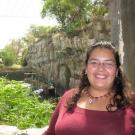
Andrea Clements
Research Physical Scientist, U.S. Environmental Protection Agency, Office of Research and Development
Andrea L Clements, Ph.D. is a research physical scientist with the U.S. Environmental Protection Agency’s Office of Research and Development, located in Research Triangle Park, North Carolina. Andrea leads evaluation efforts, field campaigns, and research projects aimed at testing the performance and usability of air quality sensors and summarizes best practices to guide others in the most effective use of sensors and the data they produce. She supports a number of Regions in conducting air sensor research and working to empower communities with access to technology and data. She holds a Ph.D. in Civil and Environmental Engineering from Rice University in Houston, Texas and also has degrees in Environmental Science and Engineering (M.S. Caltech), Chemical Engineering (B.S. Washington University in St. Louis), and Mathematics (B.A. Cornell College). More...
2021 Virtual Session: Combining Low Cost Sensors and Reference Networks for Communicating Air Quality
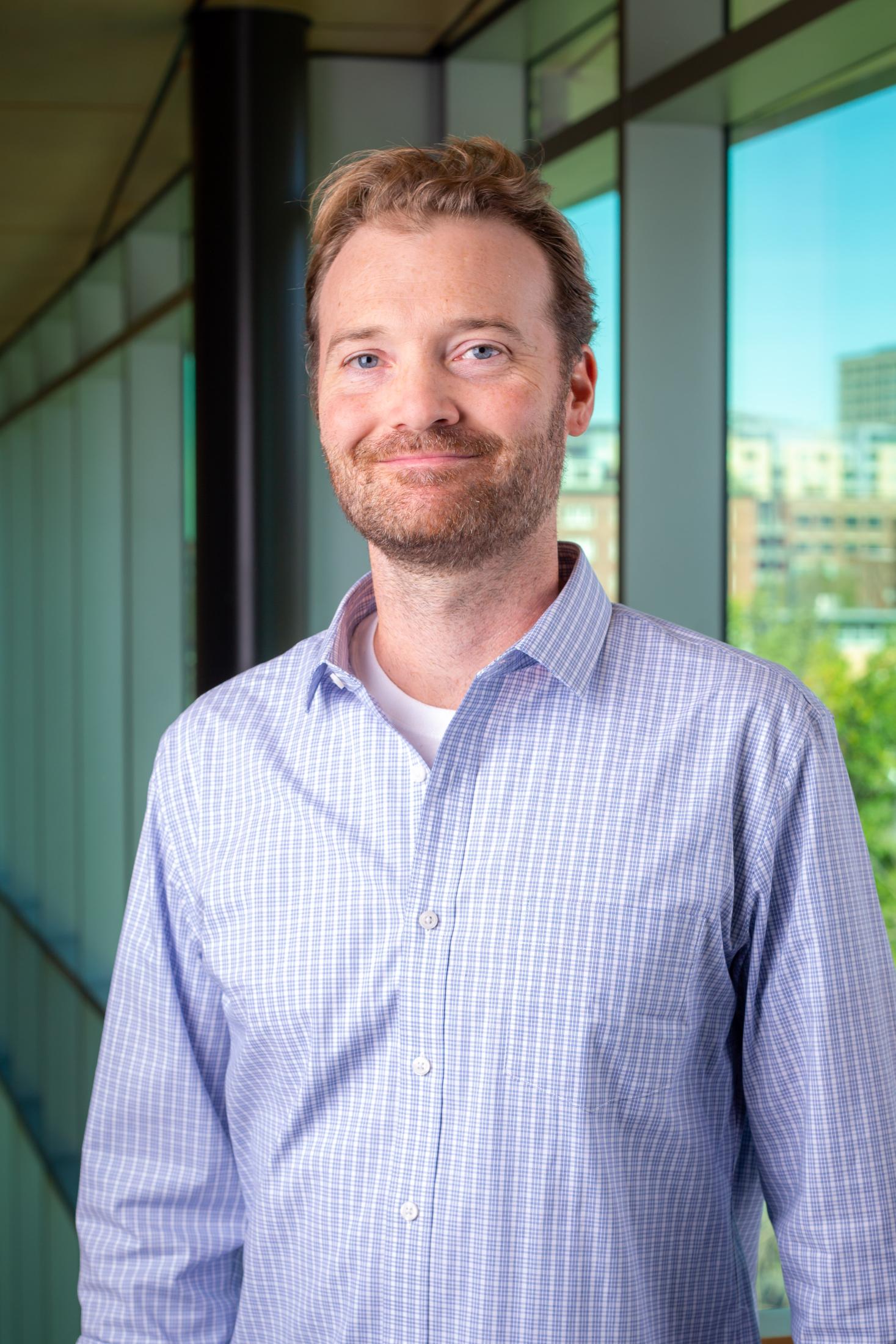 Ben Crawford
Ben Crawford
Assistant Professor, University of Colorado, Denver
Ben is a Professor in the Geography and Environmental Sciences Department at the University of Colorado Denver. Before coming to Colorado in 2019, Ben was a postdoc at MIT and the University of Reading (UK); worked for a wind energy start-up; and completed his PhD at the University of British Columbia. His background is in meteorology and current research interests are focused on air quality, urban climates, and developing sensor networks to observe complex surface-atmosphere interactions.
Virtual Summer Series Session 2: Use of a low-cost sensor network to estimate exposures and track pollutant chemistry during the 2018 Kīlauea eruption
Calvin Cupini
Citizen Science Program Manager, Clean Air Carolina
Calvin Cupini is the Citizen Science Program Manager at Clean Air Carolina, where he founded the AirKeepers network of engaged citizens and a statewide particle sensor network in nearly every single county of North America Carolina. By combining all levels of participation, he looks to elevate STEM tools, community research and focused government outcomes. Calvin's work includes partnership driven environmental justice work, collocation studies, surveys of fine particle pollution and low cost monitoring tools, GIS storytelling, and environmental health policy. He serves on the board of the Citizen Science Association, an advisor to SciStarter, the Museum of Virginia, EarthWatch, Scivr, and member of the World Economic Forum's Global Shapers.
Virtual Summer Series: Moderator
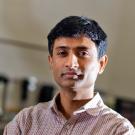
Suresh Dhaniyala
Bayard D. Clarkson Distinguished Professor, co-Director Center for Air Resources Engineering and Science, Clarkson University
The connection between Indoor air and long-term human health has been well established and accepted in the scientific community. The on-going pandemic has, however, brought to fore another dimension of indoor air - its role in disease transmission and public health. To counter indoor transmission of COVID-19, one of the important recommendations of agencies such as ASHRAE and CDC is to increase ventilation rates and decrease particle concentrations in indoor spaces. With the emergence of low-cost gas and particulate sensors, these indoor air properties can be studied and controlled with resolution not possible before. In this series of presentations by experts from academia and industry, we will explore how sensors can help improve our understanding of indoor air, ventilation, and health.
2021 Virtual Session: Indoor Ventilation and Health Effects
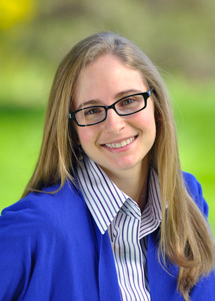 Jennifer DeWinter
Jennifer DeWinter
Atmospheric Scientist, Sonoma Technology Incorporated
Jennifer is an atmospheric scientist with Sonoma Technology, Inc. (STI) and leads data systems initiatives often focused on high time resolution datasets from air sensors. Since joining STI in 2008, Jennifer has applied her technical expertise to conduct analyses on a diverse array of projects for federal, state, local, and international agencies. Her work encompasses community outreach and education with low cost sensors, near-road data analysis, and developing data systems for management, visualization, and distribution of air quality data.
Virtual Summer Series Session 2: High-Density Deployment of PM2.5 Sensors in the Maywood Environmental Justice Community

Glory Dolphin Hammes
CEO, IQAir North America
Glory Dolphin Hammes is the Chief Executive Officer of IQAir’s North American division, a Swiss-based air quality technology company. Ms. Hammes began her tenure with IQAir as one of youngest CEOs in America. Her expertise in air quality has been a key driver of IQAir’s growth in the United States resulting in company being the gold standard in air filtration and air quality monitoring.
Ms. Hammes’ passion to ensure everyone has access to breathe clean air inspired the launch of the IQAir Foundation, a nonprofit focused on providing clean air for kids, an initiative to provide air quality monitoring and air filtration technology in schools located in the most polluted communities in the nation.
Ms. Hammes is a certified indoor environmentalist, an HVAC contractor with an emphasis in air quality.
2021 Virtual Session: Combining Low-Cost Sensors and Reference Networks for Communicating Air Quality
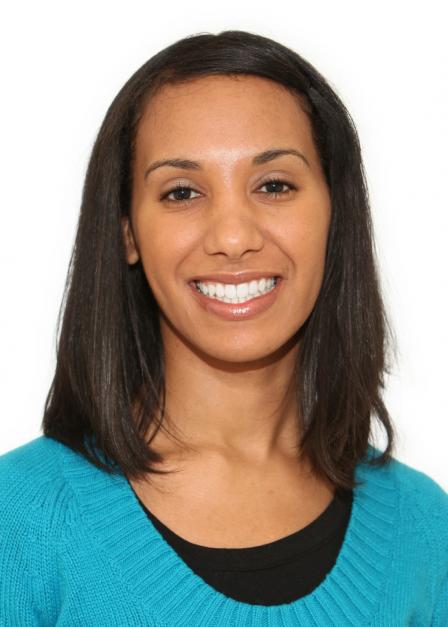 Rachelle Duvall
Rachelle Duvall
Environmental Engineer, U.S. EPA
Dr. Rachelle Duvall is an Environmental Engineer with the U.S. Environmental Protection Agency (EPA) Office of Research and Development, located in Research Triangle Park, North Carolina. Her research focuses on evaluating innovative technologies including air sensors to better understand air quality and source emissions. She combines these innovative approaches with citizen science/crowdsourcing to empower and engage the public while also informing her research. She is also very passionate about sharing science through educational outreach for students of all ages. Dr. Duvall has a Ph.D. and M.S. in Civil & Environmental Engineering from the University of Wisconsin – Madison, and a B.S. in Chemical Engineering from the University of Rochester (NY). Read more about Dr. Duvall here: https://www.epa.gov/sciencematters/meet-epa-researcher-rachelle-duvall-phd
Virtual Fall Series Session 4: Overview of the U.S. EPA Work on Developing Sensor Performance Testing Protocols and Targets for Ozone and PM2.5 Air Sensors
Adrian Dybwad
Founder, PurpleAir
PurpleAir was born in the fall of 2015 out of Adrian’s curiosity surrounding air quality in his Salt Lake Valley community. Today, PurpleAir’s global network has grown to thousands of sensors measuring real-time air quality made accessible to the public via their interactive map.
After discovering his passion for technology at a very young age, Adrian spent many years honing his skills in complex electronic repairs, surface mount assembly and prototyping. This expertise, combined with two decades of experience in computer programming, network engineering and software development, enabled him to create PurpleAir.
Virtual Summer Series Session 1: Purple Air Discussion
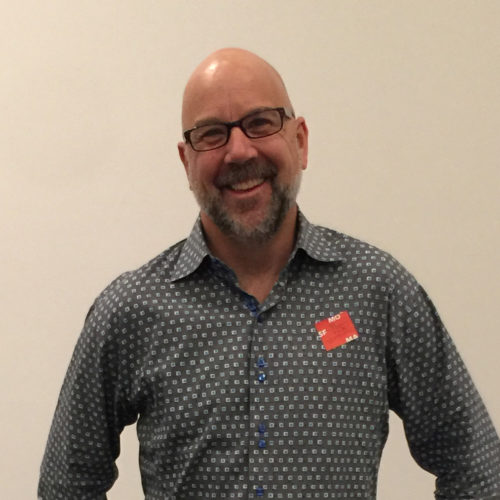 Tim Dye
Tim Dye
Founder, TD Environmental
Tim Dye has over 25 years of experience in environmental field monitoring, data management, and public communication. A visionary and entrepreneur, he has created air quality and meteorological applications both domestically and internationally. He is a widely recognized leader in air sensors and Internet of Things (IoT) technologies for environmental applications. While at Sonoma Technology, Tim developed innovative systems for air quality data management systems and forecasting programs for public outreach (www.AirNow.gov, www.StateAir.net, www.SmogCity2.org). Tim has the proven ability to transform traditional programs by using a mixture of technology, creativity, and leadership.
Virtual Summer Series Session 1: TD Environmental Discussion
2021 Virtual Session: Sensing for Cities
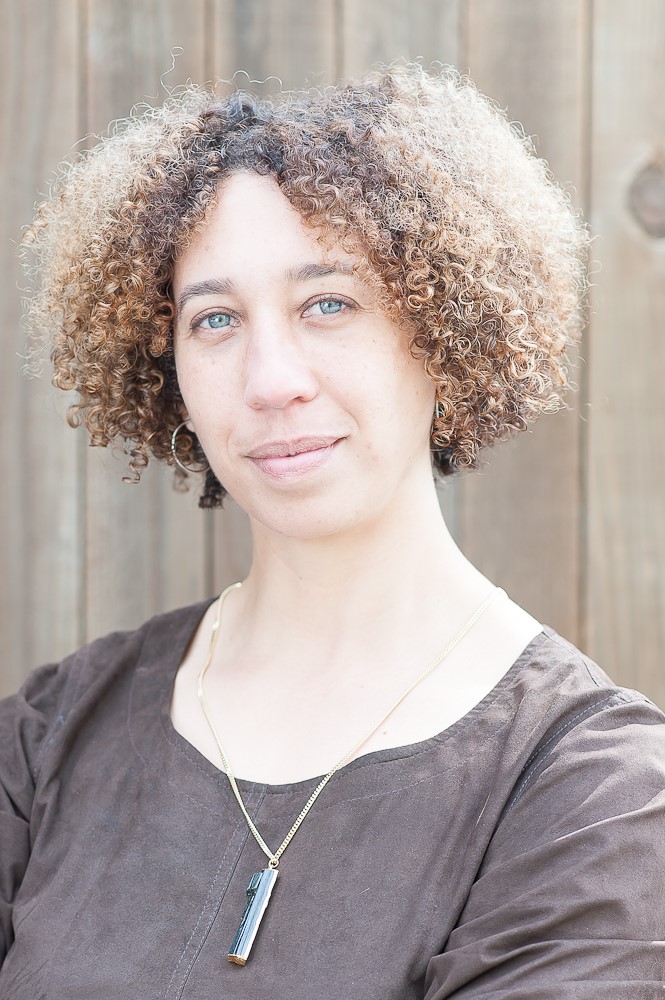 Angela Eaton
Angela Eaton
Director, Safecast
Angela Eaton leads Safecast’s air quality and radiation monitoring efforts in the U.S. and supports communities looking to engage in environmental monitoring throughout the Americas. Angela is currently working with the Los Angeles Public Library on their efforts to build citizen science communities at branches and seeks new ways to encourage environmental monitoring as a means to satisfy the curious and empower communities. To this she brings previous experience in sustainable systems design in urban water infrastructure and has consulted non-profits, utilities, and cities in conservation and greenhouse gas reduction. Angela has served as a SXSW Eco Advisory Board member and has participated as a Civil Society Working Group reviewer during the United Nations Habitat III process in which the current sustainable development goals were established.
Virtual Summer Series Session 1: Public Institutions and Trust: Developing Community Data Assets
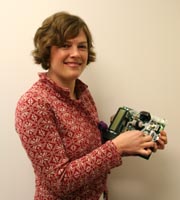 Jessa Ellenburg
Jessa Ellenburg
Director of Educational Outreach, 2B Technologies
Jessa Ellenburg earned a degree in Civil Engineering at the University of Colorado and spent six years in bridge design. Thereafter she joined 2B Technologies in 2009 to follow her passion for educating youth about air pollution and climate change. She has assisted in the creation of a number of educational projects using air pollution monitors in schools and communities, including the Global Ozone (GO3) Project and AQTreks.
Virtual Fall Series Session 3: The GO3 Project and AQTreks: A decade of air pollution monitoring with students and the public

Scott A. Epstein
Program Supervisor, Air Quality Assessment, South Coast Air Quality Management District
Scott Epstein is the Program Supervisor of the Air Quality Assessment Group at the South Coast Air Quality Management District, the regional governmental agency responsible for regulating air quality in major portions of Los Angeles, Orange, Riverside, and San Bernardino counties. His group specializes in the analysis, interpretation, and dissemination of air quality and meteorological data. Scott joined the South Coast Air Quality Management District in 2014 after a postdoc in Atmospheric Chemistry at the University of California, Irvine. He received his Ph.D. in Chemical Engineering from the Center for Atmospheric Particle Studies at Carnegie Mellon University and has a Bachelor of Chemical Engineering from the University of Delaware.
2021 Virtual Session: Combining Low-Cost Sensors and Reference Networks for Communicating Air Quality
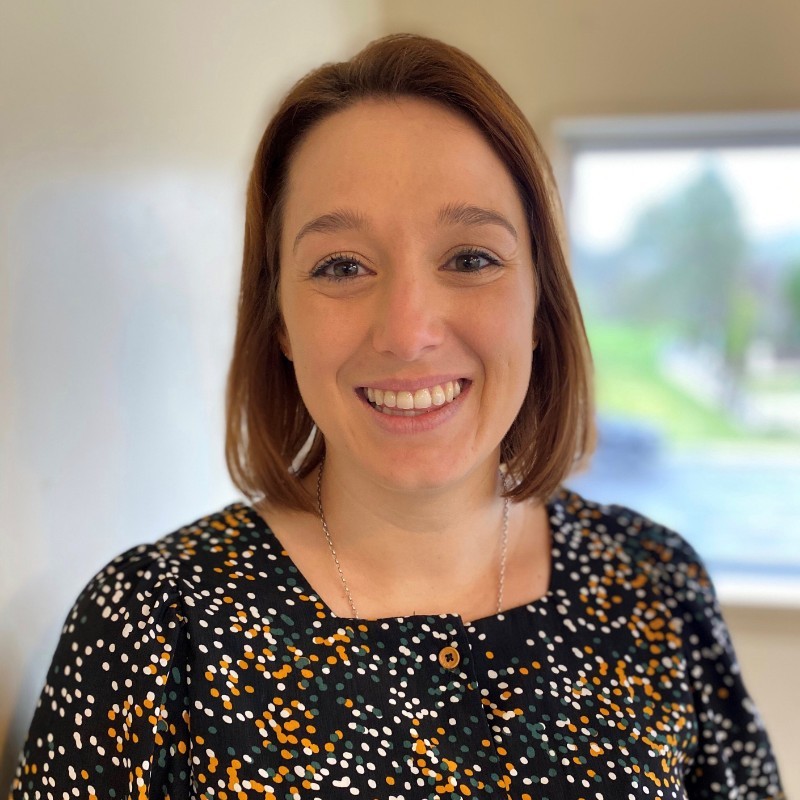 Anna Farquhar
Anna Farquhar
Senior Scientist - Gas Sensing, Aeroqual Ltd.
Dr. Anna Farquhar is a senior scientist in the R&D team at Aeroqual Ltd, a New Zealand based company that specialises in sensor based real-time ambient air quality monitoring. Aeroqual designs and delivers integrated hardware and software platforms to reliably measure the air. As an electrochemist by training, Anna's research focuses on electrochemical gas sensors, and their use in ambient air measurements. In particular she is focussing on novel design inputs for electrochemical gas sensors to ensure reliable measurements in ambient air.
Virtual Fall Series Session 1: Application of Electrochemical Analysis Methods to Diagnose Atmospheric Impacts on Electrochemical Gas Sensor Response
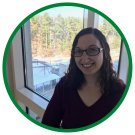
Ingrid George
Physical Scientist, US EPA, Office of Research and Development
Dr. Ingrid George received a PhD in atmospheric chemistry from the University of Toronto, where she studied heterogeneous chemistry of atmospheric oxidants with particles. She then conducted postdoctoral research in this area at the University of Leeds. Ingrid joined the EPA in January 2012 as an EPA federal post-doctoral researcher and was hired as a Physical Scientist in 2016. Her research at the US EPA in the Office of Research and Development involves the development of novel measurement approaches for speciated VOCs, including air toxics, ozone precursors, and odor compounds, for source emissions characterization and near source/fenceline ambient monitoring. (George.Ingrid@epa.gov)
2021 Virtual Series: Fenceline Monitoring and Small Air Quality Sensors
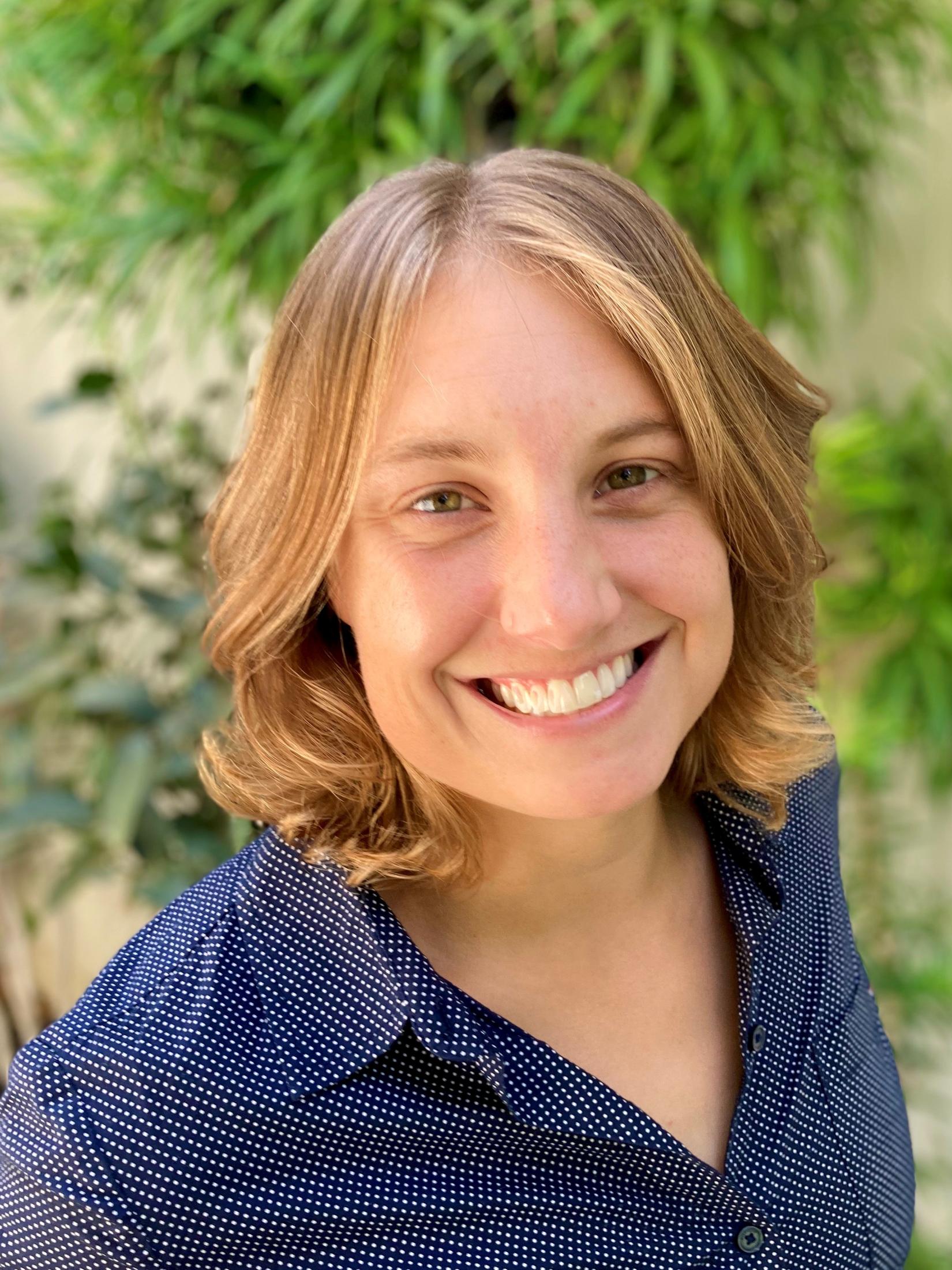 Kathryn George
Kathryn George
Air Pollution Specialist, California Air Resources Board
Katie George is an Air Pollution Specialist in the Advanced Monitoring Techniques Section at the California Air Resources Board (CARB). Her work focuses on the implementation of community air monitoring programs and the use of non-traditional monitoring tools such as mobile platforms and air quality sensors. She obtained her BS in Environmental Science from Slippery Rock University and MS in Atmospheric Science from the University of California, Davis.
Virtual Fall Series Session 3: Indoor Air Quality, Exposure & Health, Youth Education & Development Moderator
 Adam Giandomenico
Adam Giandomenico
Co-Founder & President, Particles Plus
Founded Adams Instruments in July 2006, which was acquired by TSI, Inc. in January 2008. Hired by TSI’s group president as their Director of Business Development and assisted the company to take a leadership position within the contamination control and controlled environments markets by successfully launching a complete airborne particle counter offering and facility monitoring system. Identified and assisted TSI in the acquisition efforts of Systems Plus (Singapore), FMS Systems (United Kingdom), Particle Metrics (USA) and Quant Technologies (USA). Initiated the successful creation and launch of the company’s Singapore operations and worldwide distribution model within the contamination control marketplace.
Virtual Summer Series Session 3: Particles Plus Discussion
 Jalisa Gilmore
Jalisa Gilmore
New York City Environmental Justice Alliance
Jalisa Gilmore is the Research Analyst at the New York City Environmental Justice Alliance (NYC-EJA). At NYC-EJA she leads their Community Air Mapping Project for Environmental Justice (CAMP-EJ), a grassroots air quality monitoring campaign. Her other work at NYC-EJA includes research and advocacy related to coastal resiliency, green infrastructure, and extreme heat to promote equitable environmental conditions in NYC communities. Jalisa has an MPH in Environmental Health Sciences from Columbia University’s Mailman School of Public Health with a certificate in Climate Change and Human Health.
Virtual Summer Series Session 2: Empowering Community Based Organizations to Improve Air Quality in NYC Environmental Justice Communities

Arsineh Hecobian
Air Specialist, Health, Safety and Environment, Chevron Corporation
Dr. Arsineh Hecobian received her PhD in earth and atmospheric sciences from Georgia Institute of Technology, where she studied the evolution of secondary organic aerosols in fire plumes and develop a method for the measurement of brown carbon from filters. She was a postdoctoral scholar and research scientist at Colorado State University where she worked on quantifying the emission rates of methane and various Volatile Organic Carbons (VOCs) from oil and gas operation across U.S.A. She joined Chevron’s Air and GHG team I 2019 as an air specialist where she works on the evaluation of sensor technology for ambient monitoring of methane and VOCs. (arsineh.hecobian@chevron.com)
2021 Virtual Series: Fenceline Monitoring and Small Air Quality Sensors
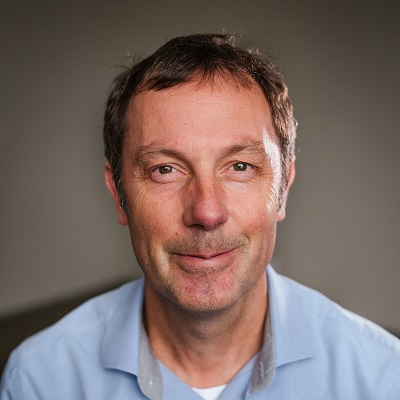 Geoff Henshaw
Geoff Henshaw
Founder, Chief Technology Officer, Aeroqual
Geoff Henshaw is the Founder and Chief Technology Officer at Aeroqual, an NZ headquartered company that’s been at the forefront of sensor based real-time air quality monitoring for over 20 years. Aeroqual designs and delivers integrated hardware and software tools, built around industry-leading air quality sensors, that make it easy to measure the air. Geoff is also technical lead for the ASTM D22.03 committee developing performance standards for outdoor air sensors.
Virtual Summer Series Session 3: Reliable NO2 measurements from low-cost air quality sensors deployed in large networks
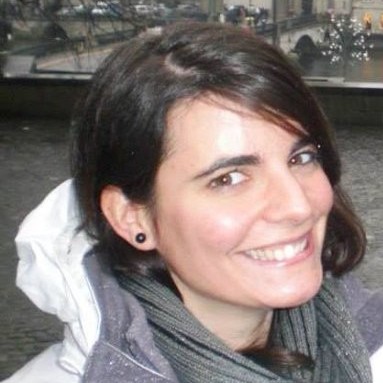 Edurne Ibarrola
Edurne Ibarrola
Environmental Coordinator, Kunak Technologies
Dr. Edurne Ibarrola is Environmental Coordinator and I+D in Kunak Technologies. She is responsible for innovation and development tasks, RD projects coordination and funds raising and Regulation with legislation bodies and certifications. She is member of the WG42, which is developing the future technical specification "Air Quality-Performance evaluation of air quality sensors".
Virtual Fall Series Session 1: AIR QUALITY MONITORING AND COMPARISON IN OLYMPIC STADIUMS OF FIVE CONTINENTS USING LOW COST SENSORS
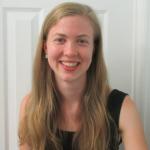 Karoline Johnson Barkjohn
Karoline Johnson Barkjohn
Physical Scientist, US EPA Office of Research and Development
Karoline Johnson Barkjohn is a Physical Scientist in EPA’s Office of Research and Development in Research Triangle Park North Carolina. Her research focuses on the evaluation and improvement of air sensor performance across the United States. In 2018 she received her Ph.D. in environmental engineering from Duke University. Her graduate work focused on evaluating air pollutant exposures and the impacts of indoor air filtration using air sensors in highly polluted urban areas globally. Karoline also holds master’s and bachelor’s degrees in environmental engineering from Georgia Tech and NC State University, respectively.
Virtual Fall Series Session 1: Long-Term Performance of Five Air Sensor Models Across Seven U.S. Sites
2021 Virtual Session: Combining Low-Cost Sensors and Reference Networks for Communicating Air Quality
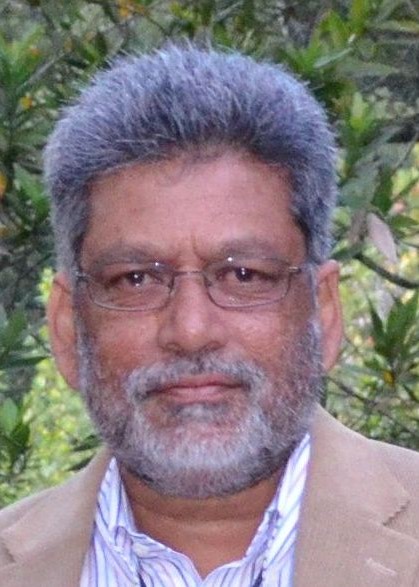 Ajith Kaduwela
Ajith Kaduwela
Professional Research Scientist, Air Quality Research Center, UC Davis
Ajith Kaduwela is a Professional Research Scientist at the Air Quality Research Center at the University of California at Daivs. He is an External Science Advisor for the Air Quality Club at Albany High School
Additional Researchers:
- Tara Lee, Senior, Albany High School
- Minju O'Rouke, Senior, Albany High School
- Sean Morris, AP Computer Science Teacher & Faculty Advisor for Air Quality Club, Albany High School
Virtual Fall Series Session 2: Youth Education: Measurement of Indoor Air Quality Impacts of Nearby Wildfires using Low-Cost Air Sensors

Travis Knudsen
Public Affairs Manager, Lane Regional Air Protection Agency, Lane County, Oregon
Travis Knudsen is the Public Affairs Manager for the Lane Regional Air Protection Agency in Lane County, Oregon. Travis focuses on communicating agency activities to the public, partners and other stakeholders. Travis works to engage the public all topics air quality with an intent to educate and inform, especially during smoke intrusion events during wildfires. Travis has a B.S. in meteorology from the University of Northern Colorado and worked as a broadcast meteorologist for over 10 years, communicating the complexity of atmospheric sciences and the forecast to a television audience every day.”
2021 Virtual Session: Communication for Understanding - Challenges and Opportunities with Air Sensor Data
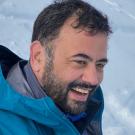
Sim Larkin
Meteorologist & Team Lead AirFire, U.S. Forest Service
Sim Larkin is a research scientist and Team Leader for the U.S. Forest Service (USFS)’s AirFire Research Team. He is also the technical lead for the USFS led Interagency Wildland Fire Air Quality Response Program that deploys smoke specialists to wildfire incidents around the country to forecast and message smoke for incident response, safety, and public health purposes. Sim has a long history of scientific modeling and analysis surrounding air quality impacts from wildfires and prescribed burning. He has led the development of numerous systems and tools that are used in research and operational use for smoke forecasting, emissions inventories, and fire and land management. Sim received his undergraduate degree from the University of California at Berkeley and his Ph.D. from the University of Washington where he now holds an affiliate appointment.
2021 Virtual Session: Combining Low-Cost Sensors and Reference Networks for Communicating Air Quality
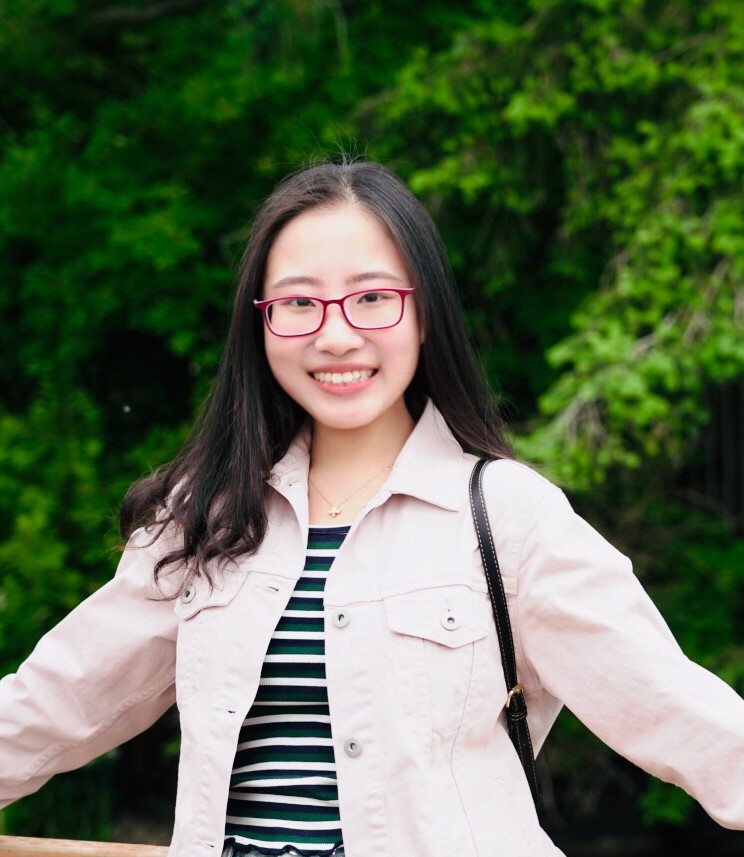 Yisi Liu
Yisi Liu
PhD Student, University of Washington
Yisi Liu is currently a PhD student in Department of Environmental and Occupational Health Sciences in University of Washington. She gained her Bachelor of Medicine in Wuhan University, China. Yisi has general interest in health effects of air pollution. Her recent research mainly focuses on traffic-related air pollution. Since traffic is one of the major sources of air pollution in urban areas, Yisi’s studies exploit mixture of methods to understand: air pollution concentrations in different microenvironment, personal air pollution intake during traveling, determinants of transportation modes choices, short-term cardiorespiratory health effects of traffic-related air pollution, and potential strategies to control traffic-related air pollution exposure for intra-city travelers.
Virtual Summer Series Session 2: Short-term health effects of traffic-related air pollution exposure in multi-modal commuting in Chengdu, China
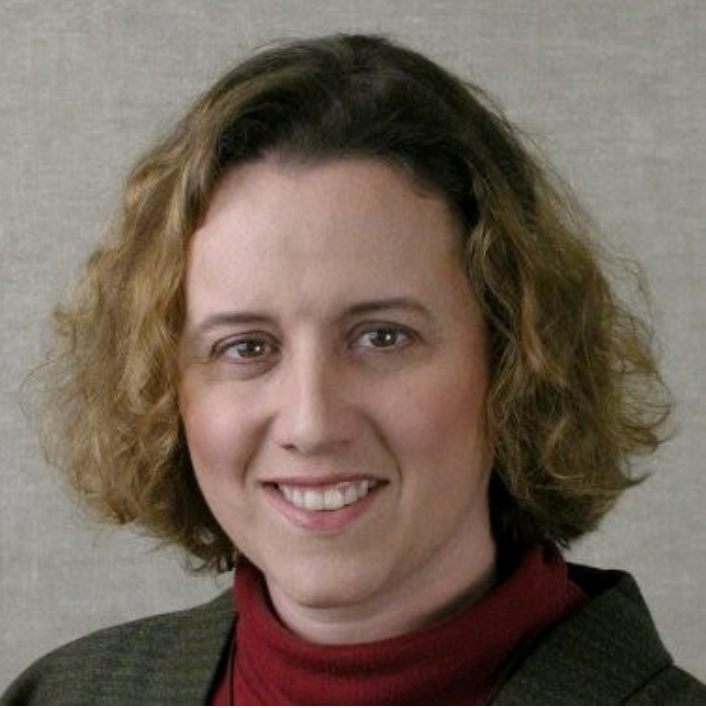 Melissa Lunden
Melissa Lunden
Chief Scientist, Aclima
Melissa is the Chief Scientist at Aclima which has introduced an entirely new way to measure hyperlocal air pollution and greenhouse gases at scale, at the resolution needed to target emissions reductions and protect human health. Melissa’s career has focused on the transport and fate of pollutants in the environment. She received her PhD at the California Institute of Technology with an emphasis on aerosol science. As a scientist at the Lawrence Berkeley National Laboratory, she directed atmospheric and environmental processes research. Melissa has always been interested in how different environments influence exposure to highly dynamic pollutants. This variability underscores the need for ubiquitous hyperlocal environmental monitoring that she and the team at Aclima have pioneered.

Megan MacDonald
ORISE Fellow, U.S. E.P.A.
Megan is an ORISE (Oak Ridge Institute for Science and Education) research fellow at EPA. She received her bachelors’ in geologic science from Boston College and her masters’ in Data Analytics from Appalachian State University. At EPA, she assists with research and data analysis involving fenceline sensor applications.
2021 Virtual Series: Fenceline Monitoring with Low-Cost Sensors
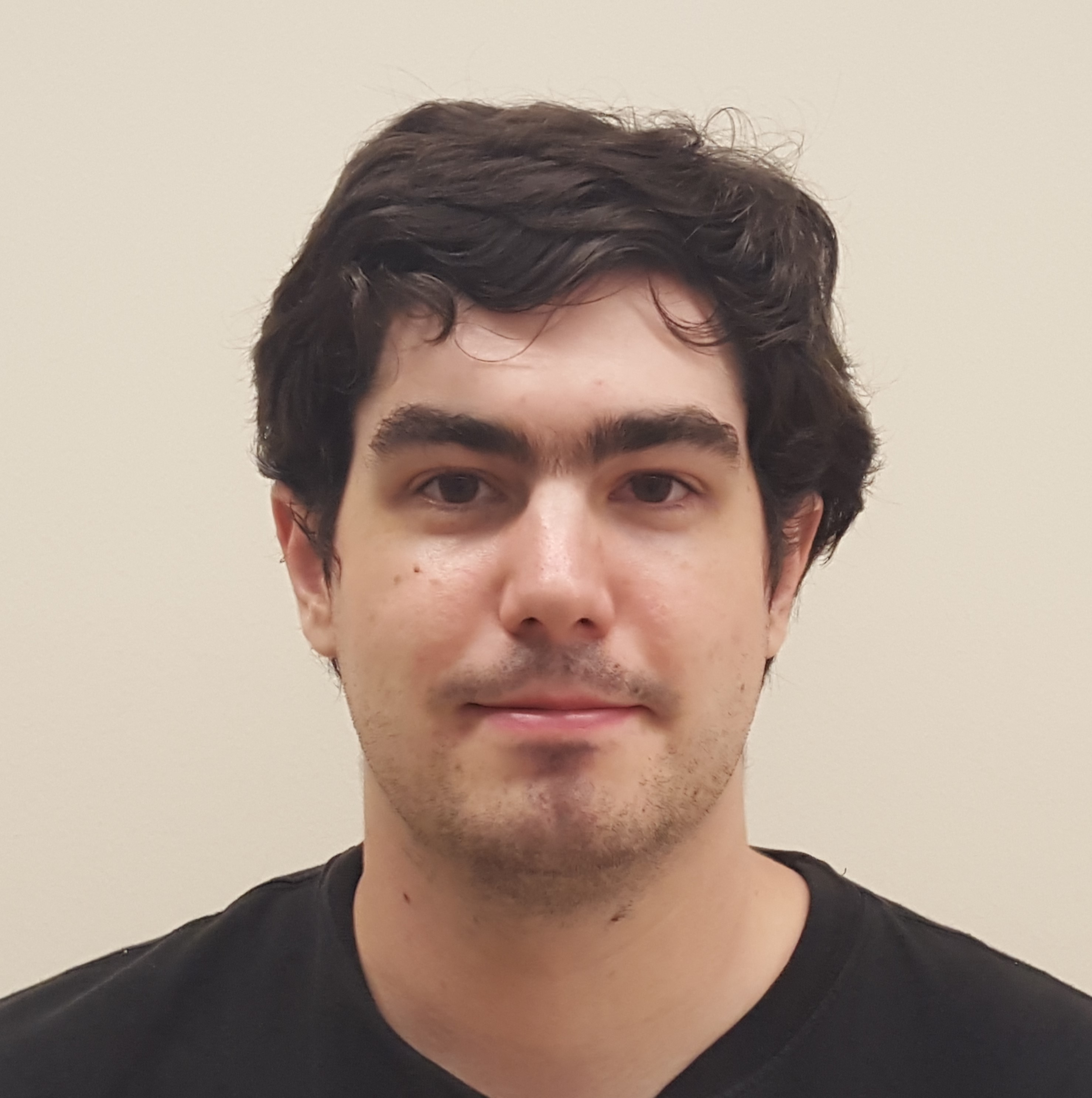 Carl Malings
Carl Malings
NASA Postdoctoral Program Fellow, Goddard Space Flight Center
Since 2017, Carl Malings has worked as a postdoctoral researcher at the Center for Atmospheric Particle Studies at Carnegie Mellon University and for the "Make Our Planet Great Again" ANR/CNRS project at the Université Paris-Est Créteil in France. His research focused on deploying, calibrating, and managing networks of low-cost air quality sensors. He is now beginning his work as a NASA Postdoctoral Program Fellow, where he seeks to combine data from global models, satellite retrievals, and traditional and low-cost ground monitors to build a more comprehensive picture of air quality.
Virtual Summer Series Session 3: Data Management Lessons from the RAMP Sensor Network
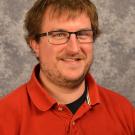
Andy May
Assistant Professor, Ohio State University
Dr. Andy May is an Assistant Professor in the Department of Civil, Environmental, and Geodetic Engineering at The Ohio State University. His research foci include: 1) conducting experiments and developing software to characterize atmospheric aerosols that contribute to global warming; 2) characterizing and utilizing low-cost air quality sensors to facilitate improved exposure studies; and 3) applying aerosol science and atmospheric chemistry to the study of emerging health concerns. His teaching portfolio includes courses on air pollution control, air quality, environmental chemical fate and transport, and fluid mechanics. Andy holds a B.E. in Chemical Engineering from the University of Delaware, an M.S. in Civil & Environmental Engineering from Clarkson University, and a Ph.D. in Mechanical Engineering from Carnegie Mellon University. Prior to joining Ohio State, Andy was a post-doctoral scholar in the Department of Atmospheric Science at Colorado State University.
2021 Virtual Session - Indoor Ventilation & Health Effects: Evaluation of Low-Cost Particle Sensors for Use in Indoor Air Quality Monitoring and Smart Building Systems
Ken McGary
CTO & Co-Founder, Apis-US, Inc.
Electronics engineer with over 4 decades of experience developing systems for avionics, telecom, medical electronics, and environmental sensing.
Virtual Fall Series Session 2: New Ambient Sample Capture Apparatus Provides Speciation Methods using Next Generation Air Monitoring Networks
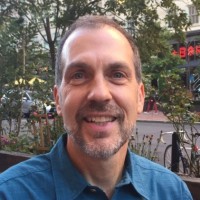 Ethan McMahon
Ethan McMahon
Senior Innovation Advisor, US EPA
Ethan McMahon is a Senior Innovation Advisor at the U.S. Environmental Protection Agency who helps people leverage the Internet of Things, citizen science and big data analytics. He launched EPA’s Smart City Air Challenge, a contest for communities to install hundreds of air quality sensors and make the data public. Two communities implemented projects and can shared their data management practices. Ethan also managed NASA’s International Space Apps Challenge in 2014, a global hackathon in 95 locations around the world that yielded over 660 projects. In addition, he managed EPA’s Apps for the Environment Challenge in 2011, which encouraged developers to create mobile apps using EPA’s open data. He is a member of the Group on Earth Observations’ Data Management Working Group and is the co-lead of EPA’s Citizen Science Data Management Strategy (in process).
Virtual Summer Series: Moderator

Michael Ogletree
Air Quality Program Manager, City & County of Denver, Dept. of Public Health & Environment
As the Air Quality Program manager in the Denver Department of Public Health and Environment, Michael is responsible for the design, implementation, and execution of the Love My Air Denver program. This innovative program involves deployment of low-cost air sensors at schools along with real time data dashboards, education, and programming to reduce the long-term health and economic impacts from exposure to poor air quality. The Love My Air Denver program is taking a collaborative approach closely working with school communities and other stakeholder groups to deliver an impactful program for Denver residents. Innovation on this project has made Michael a national leader in city led effort on low-cost sensor use and application. He regularly shares his expertise on this subject as well as larger programmatic replication with other municipalities. He hopes to continue to aid other cities and agencies in replicating the Love My Air Denver program to meet their air quality challenges. (Michael.Ogletree@denvergov.org)
2021 Virtual Session: Sensing for Cities
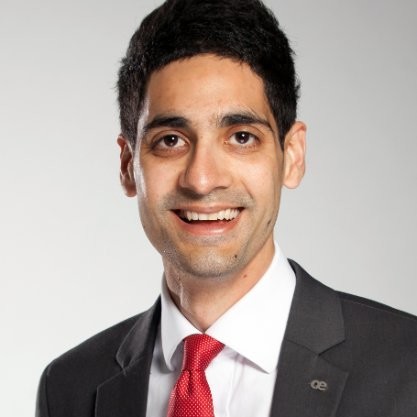 Abid Omar
Abid Omar
Founder and Citizen Scientist, Pakistan Air Quality Initiative
Abid Omar has a social mission: how can I help improve the environment of Pakistan? He sees the air pollution emergency in Pakistan as a silver lining — an opportunity to drive environmental awareness and change that will clean up Pakistan for good.
A key indicator of environmental issues is pollution that affects our daily lives, specifically air pollution. He found but there is no data for this, so he founded the Pakistan Air Quality Initiative as a community-driven initiative to monitor air quality in across major urban areas of Pakistan and to provide awareness for air quality and air pollution issues, and therefore provide impetus for change.
His day job is in the technical textiles and filtration industries.
Virtual Fall Series Session 3: Community-driven open-data on Pakistan’s air pollution problem
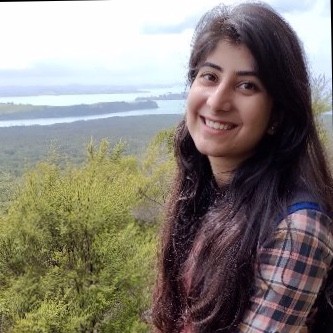 Charul Paliwal
Charul Paliwal
PhD Scholar, IIIT Delhi
Charul is a Ph.D. scholar working with Dr. Pravesh Biyani in Mobility and Optimization Lab at IIIT-Delhi, India. Her research interests include Sustainable Mobility, Spatiotemporal signal processing, and Optimization. She is working on the Variational Bayesian inference for Spatio-temporal extrapolation.
Virtual Fall Series Session 1: Scalable Spatio-Temporal Measurements and analysis of Air pollution data using Vehicle Mounted Sensors
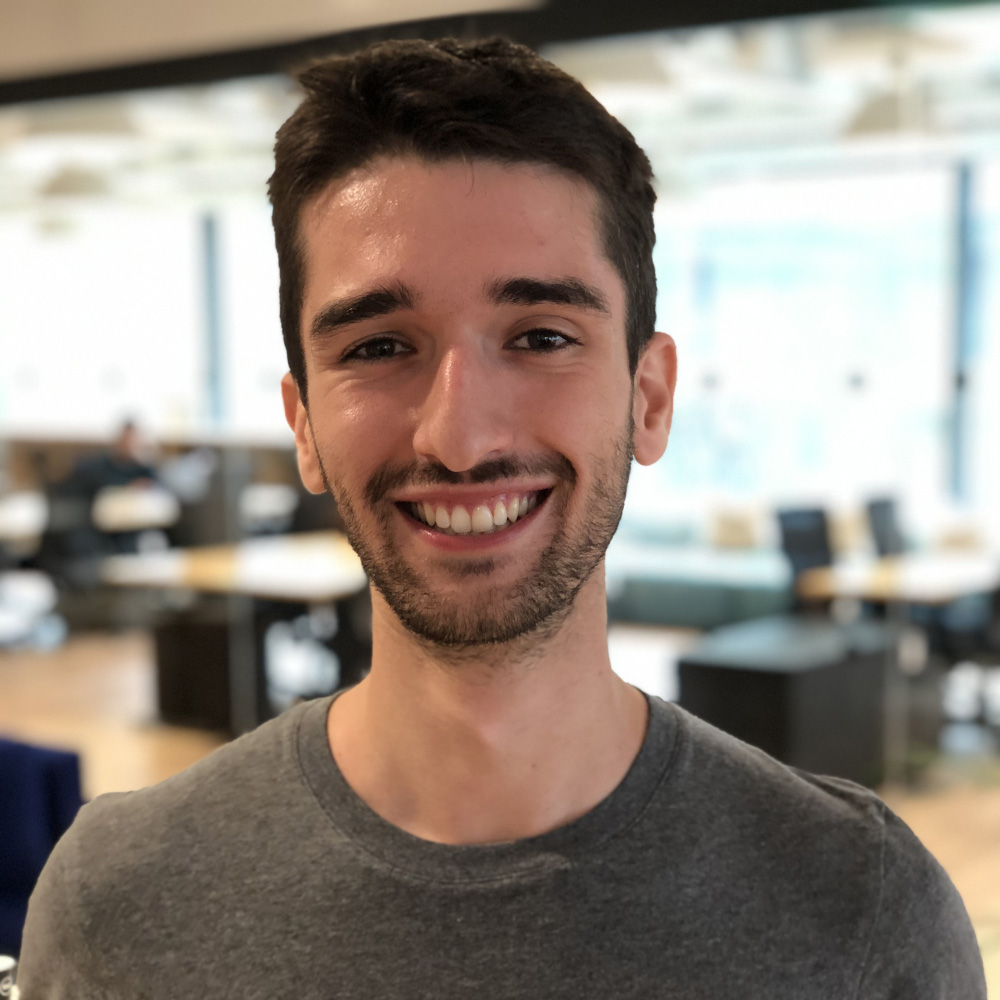 Peter Pedersen
Peter Pedersen
University of Cambridge
Peter has two masters, one in Physics (2017) and another in Sensor Technologies (2018), and is currently undertaking a PhD in Astrophysics. Through his degrees he has gained expertise in remote sensing, embedded systems, and machine learning. In his second masters, he co-founded an initiative called open-seneca, which works towards creating a global, mobile, air pollution sensor network. He has had success implementing pilot studies with the Argentine government and the UN, where this initiative has won several awards, including the University of Cambridge’s Vice-Chancellor's Research Impact and Engagement Award in 2019.
Virtual Summer Series Session 1: Open-seneca: development of a low cost air quality sensor network and its implementation to measure PM2.5 in the city of Buenos Aires, powered by citizen science

Rick Peltier
Associate Professor, Environmental Health Sciences, University of Massachusetts
Air pollution varies both geographically and temporally, and is comprised a mixture of different compounds arising from a range of different sources. I am interested in investigating the chemical and physical components of air pollution that are found throughout the world, and identifying which parts are most causative to the 7 - 8 million global deaths per year. As an atmospheric chemist, I am trained to investigate this complexity with sound measurements that are consistent with gold standard approaches. As a practicing environmental health scientist, I use this information to inform policy that is protective of human health. My skillset is intentionally interdisciplinary and is adaptable to different parts of the world.
Air pollution is not monolithic – that is, it is quite different in each part of the world. As a result, its impact on human health is also varied, and this makes assessment of this problem necessarily localized, because of the different environmental and political conditions within each nation or region. Poor air quality in Delhi is caused by very different processes, and has very different public health impacts, then, for example, air quality in Paris or Accra. In each case, a unique solution may be required to control poor air quality or provide ameliorative solutions for its people. It is this diversity, and the challenge to devise equally diverse solutions to mitigate it, that appeals to me as a global health scientist.
2021 Virtual Session: Communication for Understanding - Challenges and Opportunities with Air Sensor Data
Frowny-face Air Quality: Communicating Data to the Community
We are faced with a wide array of diverse possibilities to communicate air quality data beyond our own discipline, but it is tremendously important that we make efforts to do so. Air quality data is, at its core, actionable information that can be used by the public to avoid or reduce health risk. But it only works if we know how to disseminate this through the right channels, and to the right audiences. And even then, we must have a strong sense of empathy for our intended recipients to make the messages as impactful as possible, so that message recipients understand, and can meaningfully act upon, their implications. This presentation will discuss ways to define the truth, tools for engaging with journalists, opportunities for sensors that go beyond simple data dissemination, and what the future of sensors might look like.
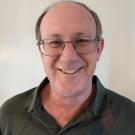
Gordon Pierce
Technical Services Program Manager, Air Pollution Control Division, Colorado Department of Public Health and Environment
Gordon Pierce has worked for the Colorado Department of Public Health and Environment, Air Pollution Control Division, since 1987 and currently supervises the Technical Services Program, which covers ambient air monitoring, quality assurance, modeling, prescribed fire and forecasting. During this time, at CDPHE, he has worked on a variety of air monitoring projects for air toxics, ozone, carbon monoxide and particulates. Gordon is the Western States Air Resources Council (WESTAR) representative on the National Air Monitoring Steering Committee and the National Association of Clean Air Agencies (NACAA) representative on the IMPROVE Steering Committee. He is the state co-chair for the Western Regional Air Partnership’s Board of Directors and a Steering Committee member for both the WRAP Technical Steering Committee and the Intermountain West Data Warehouse/Western Air Quality Study. He has also been involved with a number of different air quality groups across Colorado, including the Four Corners Air Quality Task Force and the Garfield County Air Quality Technical Work Group. Gordon has a BSc in Geological Engineering from the Colorado School of Mines and a MSc in Environmental Science from the University of Colorado-Denver.
2021 Virtual Series: Fenceline Monitoring with Low-Cost Sensors
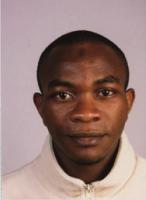 Olalekan Popoola
Olalekan Popoola
Postdoctoral Research Associate, University of Cambridge
My main interest involve studying of a problem of huge significance in the form of air quality and its impact on human health. My work mainly focuses on development and deployment portable air quality sensors. In addition, I am responsible for developing detailed analysis technique for data captured as well as validating air quality models using field data.
Virtual Summer Series Session 3: Source characterisation and emission indices estimation using hyperlocal measurements from a low-cost sensor network - London Heathrow airport
Virtual Fall Series Session 1: A novel calibration method for hyperlocal measurements of air quality using a low-cost sensor network
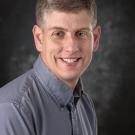
Dustin Poppendieck
Environmental Engineer, National Institute of Standards and Technology
Dustin Poppendieck is an environmental engineer in the Indoor Air Quality and Ventilation group at the National Institute of Standards and Technology. He received his PhD from the University of Texas at Austin in 2002. Dustin has been investigating indoor air chemistry since 2002. Most of his efforts have involved characterizing primary emission sources and heterogenous reactions at material surfaces using chamber systems. Dustin has investigated emissions from kerosene can lamps, spray polyurethane foam, and non-smoldering cigarette butts. Recently, Dustin has been involved in the development of ASTM standard test methods to evaluated indoor air quality monitors.
2021 Virtual Session: Indoor Ventilation and Health Effects

Annie Preston
Data Scientist & Visualization Lead, ClimateCheck
Dr. Annie Preston is a data scientist focused on risk communication and visualization for environmental data. She leads the data science team at ClimateCheck, which is helping the general public understand how climate change is affecting their homes. Annie received her PhD in Computer Science at UC Davis researching how visualization can improve science-based decision making under uncertainty, especially for atmospheric science, air pollution, and wildfire management. She received a B.S. in Physics and Astronomy from Haverford College in Pennsylvania.
2021 Virtual Session: Communication for Understanding - Challenges and Opportunities with Air Sensor Data
Visualizing Air Quality with Uncertainty
Typical maps of air quality show one estimate based on sensor readings, but ignore uncertainty. In this presentation, I explore whether designs that show air quality along with uncertainty might help people make better decisions.
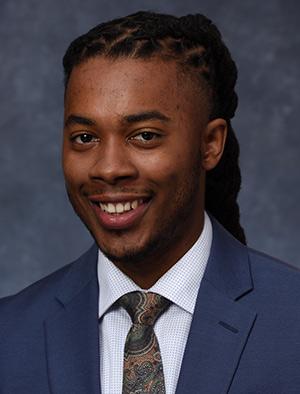 Harold Rickenbacker
Harold Rickenbacker
Manager, EDF+Business, Clean Air & Innovation, Environmental Defense Fund
Dr. Rickenbacker is a manager at EDF+Business. In his role, he focuses on developing and executing strategies to identify, test and demonstrate the value of hyperlocal insights, leading to commitments to reduce greenhouse gas and air pollution emissions. Harold has worked closely with an interdisciplinary team at EDF to develop a How-to Guide for Hyperlocal Air Pollution Monitoring.
By engaging with stakeholder across many sectors, he also helps to manage domestic an international clean air projects. Through EDF’s work in Houston, Oakland, and London, Harold has helped to catalyze and demonstrate the technologies, business models, and partnerships needed to accelerate action to reduce pollution and improve health outcomes.
Virtual Summer Series Session 1: Mapping hyperlocal air pollution to drive clean air policies
John Saffell
CTO, Alphasense Ltd.
John Saffell was co-founder of Alphasense Ltd in 1997. He has a BSc in Chemistry and MSc from MIT (1975) and PhD in Materials Science from Cambridge University (1979). He is Chairman of the Council of Gas Detection and Environmental Measurement (CoGDEM), a member of ASTM, CEN and BSI standards committees and was previous chairman of Sensors for Water Interest Group (SWIG). Publications and patents are in the fields of water quality, air quality, sensor technology and polymer physics.
Virtual Fall Series Session 4: Air quality data analysis: life after r2
Virtual Fall Series Session 4: Can we set performance targets for low cost sensors?
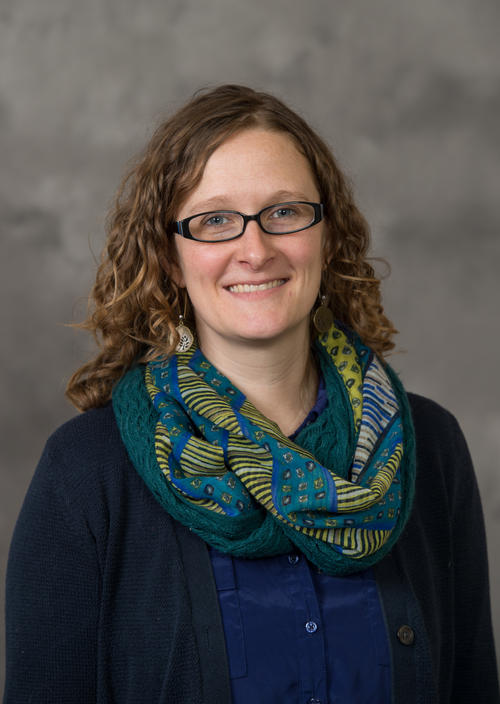 Natalie Sampson
Natalie Sampson
University of Michigan-Dearborn
Natalie Sampson conducts community-based research to document and address environmental health inequities. She brings interdisciplinary evidence to climate change, land use, and infrastructure planning and policy efforts in Metro Detroit. Her research is published in various peer-reviewed journals, including the American Journal of Public Health, Environmental Justice, Global Environmental Change, Health and Place, and Progress in Community Health Partnerships. Dr. Sampson co-chairs the American Public Health Association (APHA)’s Environmental Justice Subcommittee and was the 2017 recipient of the APHA Rebecca Head Award honoring, “an outstanding emerging leader from the environmental health field working at the nexus of science, policy and environmental justice.”
Virtual Summer Series Session 2: Building Youth Capacity for Community Science and Policy Advocacy in Dearborn, MI

Anna Scott
Atmospheric Scientist & President, Project Canary
Dr. Anna Scott is an atmospheric scientist and the President at Project Canary, a Colorado-based public benefit corporation which provides continuous monitoring services to the oil and gas and landfill industries.
2021 Virtual Series: Fenceline Monitoring with Low-Cost Sensors

Kerry Shearer
Kerry Shearer is former Sr. Communications and Media Specialist for the Sacramento Metropolitan Air Quality Management District, where he and his team created the Spare The Air public education and outreach program in the Sacramento, CA region of northern California.
This included working with contractors to create the region’s air quality forecasting and AirAlert notification programs; implementing a region media-based public education program in print and on TV and radio; and developing innovative educational projects such as the Save Planet Polluto interactive game and AirShare database of outreach projects which were shared between agencies.
Now, Kerry thrives on teaching communicators how to use livestreaming and smartphone video effectively so that they can create great content, get more engagement, and communicate clearly on social media.
A former broadcaster for KFBK NewsRadio 1530, Kerry speaks regularly at state and national conferences, holds his own social media content creation workshops for communicators, and is a go-to trainer for crisis communicators working in a JIC or EOC during disasters.
He is immersed daily in social media, and knows the tricks, techniques and tech that can save communicators time and make their content shine!
2021 Virtual Series: Communication for Understanding - Challenges and Opportunities with Air Sensor Data
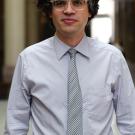
Jeff Siegel
Professor of Civil Engineering, University of Toronto
Jeffrey Siegel, Ph.D., is Professor of Civil Engineering at the University of Toronto and a member of the university’s Building Engineering Research Group. He holds joint appointments at the Dalla Lana School of Public Health and the Department of Physical & Environmental Sciences. He holds an M.S. and Ph.D. in Mechanical Engineering from the University of California, Berkeley as well as a B.Sc. from Swarthmore College. He is fellow of ASHRAE and a member of the Academy of Fellows of ISIAQ. His research interests including healthy and sustainable buildings, ventilation and indoor air quality in residential and commercial buildings, control of indoor particulate matter, the indoor microbiome, and moisture interactions with indoor chemistry and biology. Dr. Siegel is an active member of ISIAQ and ASHRAE and was an associate editor for the journal Building and Environment from 2014-2018. He teaches courses in indoor air quality, sustainable buildings, and sustainable energy systems. Prior to his position at the University of Toronto, Dr. Siegel was an Associate Professor at the University of Texas.
2021 Virtual Session: Indoor Ventilation and Health Effects
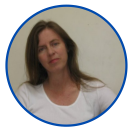
Rebecca E. Skinner
Project Leader, San Francisco AQ / Manylabs
RES is Project Leader at San Francisco AQ, a low-cost sensor network for monitoring PM 2.5 in the city's Eastern Neighborhoods. Funded by the California Air Resources Supplemental Environmental Projects program, we are developing new ways to both a) use low-cost sensors to obtain the most accurate data; and b) display that data as user-facing, public infrastructure. RES holds a Ph.D. in City and Regional Planning from U.C. Berkeley.
Virtual Fall Series Session 4: Data is policy: presentation as aesthetics and public infrastructure
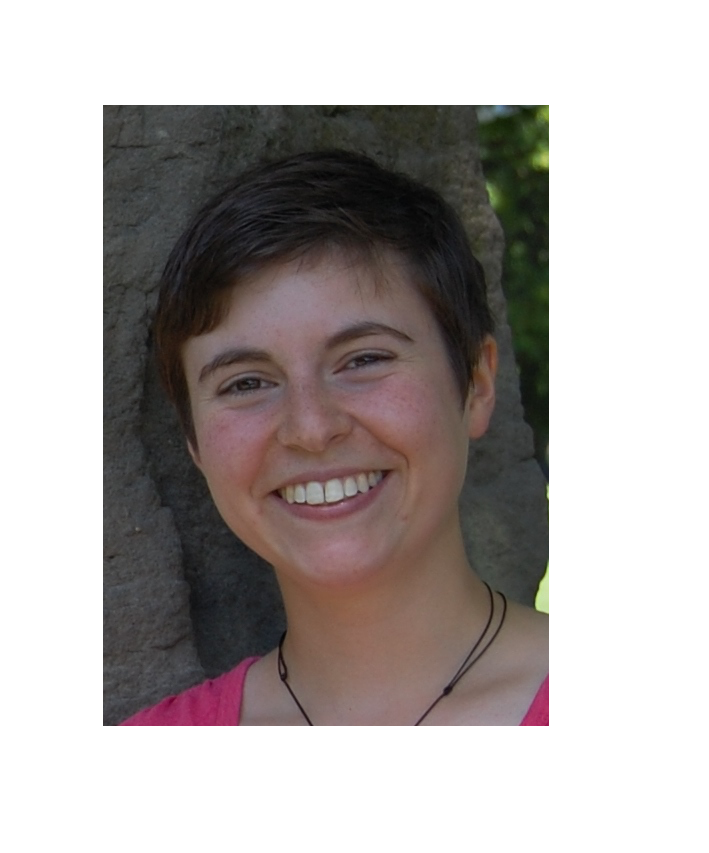 Orly Stampfer
Orly Stampfer
Graduate Research Assistant, University of Washington
I am a PhD student in the Department of Environmental and Occupational Health Sciences at University of Washington. My objective is to conduct environmental health research that contributes to disease prevention through partnerships with communities, where the research addresses community priorities and can lead to practical action. I am particularly interested in working with tribes. My current research focuses on indoor and outdoor air pollution, the use of low-cost air pollution sensors, and building collaborative research partnerships.
Virtual Summer Series Session 1: Development of a method for local health jurisdictions and schools in WA to use low-cost monitors for wildfire smoke preparedness
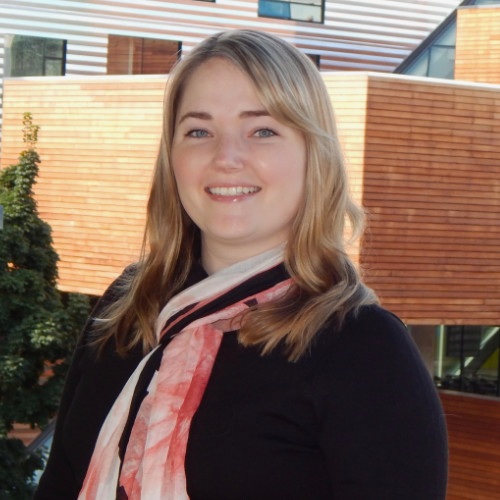 Brianne Suldovsky
Brianne Suldovsky
Assistant Professor, Portland State University
Dr. Brianne Suldovsky specializes in science and environmental communication. She is particularly interested in how scientists engage the public and public understanding of controversial science. Her recent research explores scientific topics including genetic engineering (i.e. GMOs), air quality, and climate change. Dr. Suldovsky collaborates with a diversity of experts including environmental scientists, economists, geographers, climatologists, and philosophers.
Virtual Fall Series Session 4: Measuring public opinion and knowledge of air pollution to develop community specific communication strategies
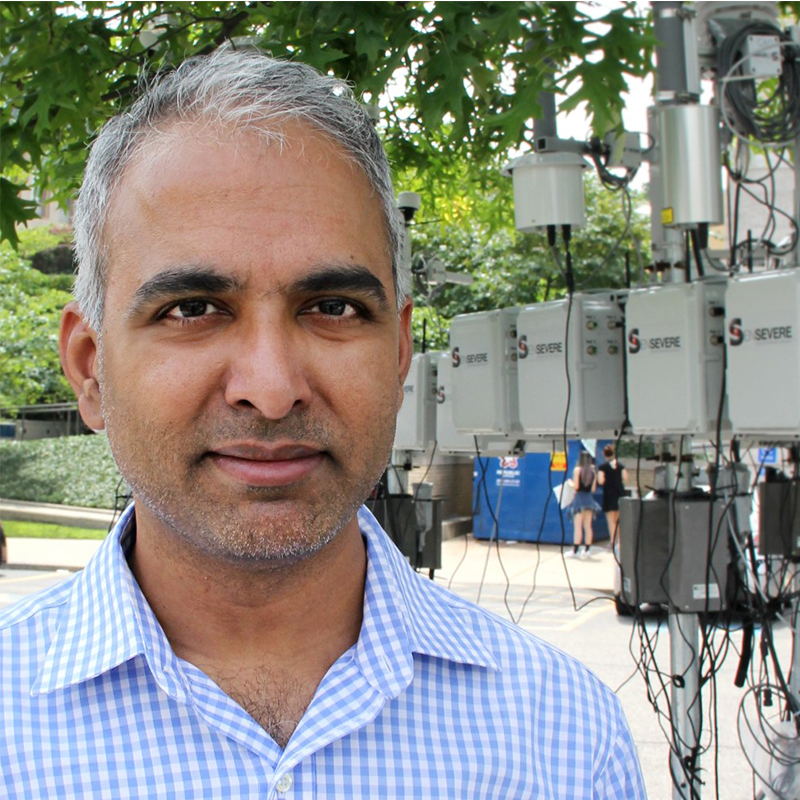 R. Subramanian
R. Subramanian
Research Scientist, QEERI & OSU-Efluve
R Subramanian has a PhD in Mechanical Engineering from Carnegie Mellon University (2004). His research spans source apportionment, emissions, and atmospheric aging of ambient PM2.5 and black carbon; methane leakage from natural gas facilities; and (since 2015) the development and use of lower-cost air quality monitors. Between 2013-2018, he was a research scientist in the Center for Atmospheric Particle Studies at CMU. Since November 2018, he has been a MOPGA laureate at OSU-Efluve/CNRS, studying air pollution in cities across Sub-Saharan Africa using low-cost sensors as part of the project "Make Air Quality Great Again".
Virtual Summer Series Session 3: Moderator
Virtual Fall Series Session 2: The Africa qualité de l'Air network (AfriqAir): A continent-spanning air quality monitoring network using lower-cost sensors
Virtual Fall Series Session 4: Moderator
2021 Virtual Session: Indoor Ventilation and Health Effects Moderator
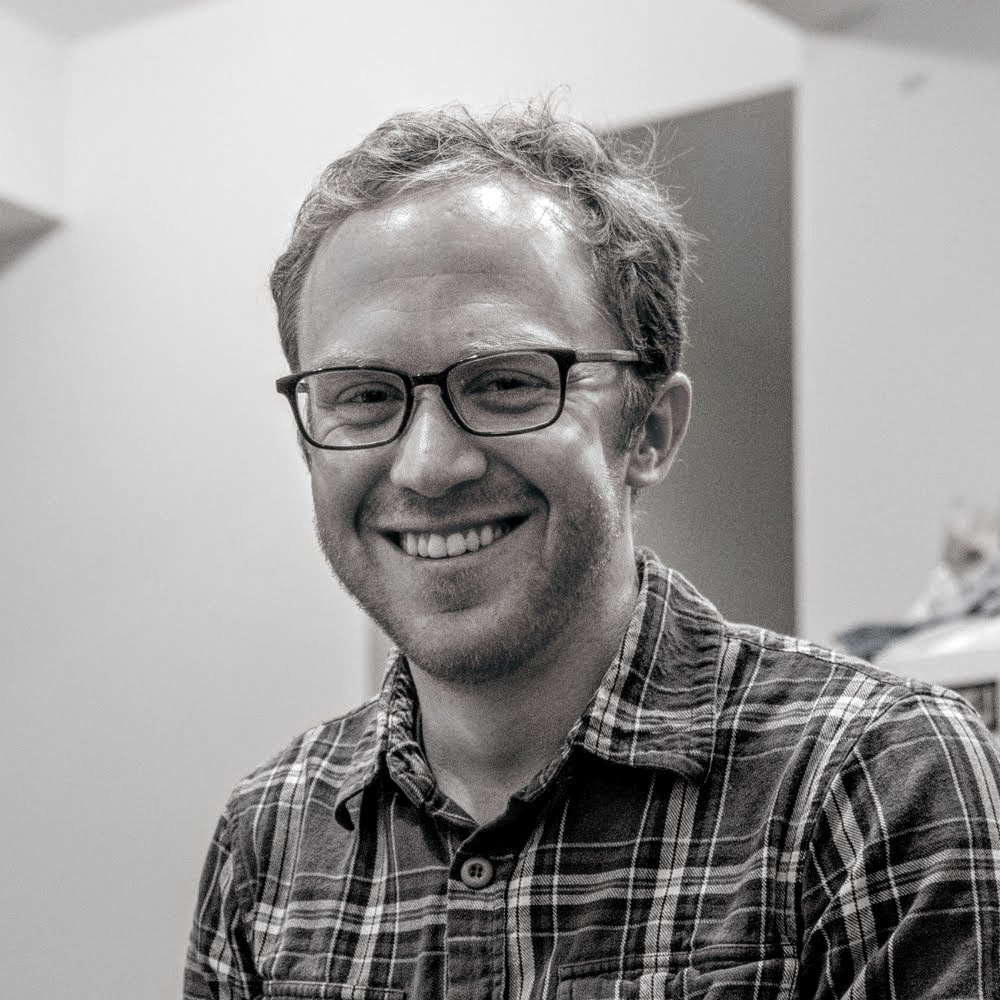 Alexander Turner
Alexander Turner
Assistant Professor, University of Washington
Alex is an Assistant Professor of Atmospheric Sciences at the University of Washington and a research affiliate at NASA's Jet Propulsion Laboratory. Previously, he was a Miller Postdoctoral Fellow at the University of California at Berkeley. He completed his PhD in 2017 in Atmospheric Chemistry at Harvard University and his BS in 2012 in Mechanical Engineering at the University of Colorado. His research combines satellite remote sensing, numerical modeling, and Bayesian inference to improve our understanding of atmospheric chemistry and the carbon cycle.
Virtual Fall Series Session 2: Detecting annual trends in urban CO2 emissions from the transportation sector
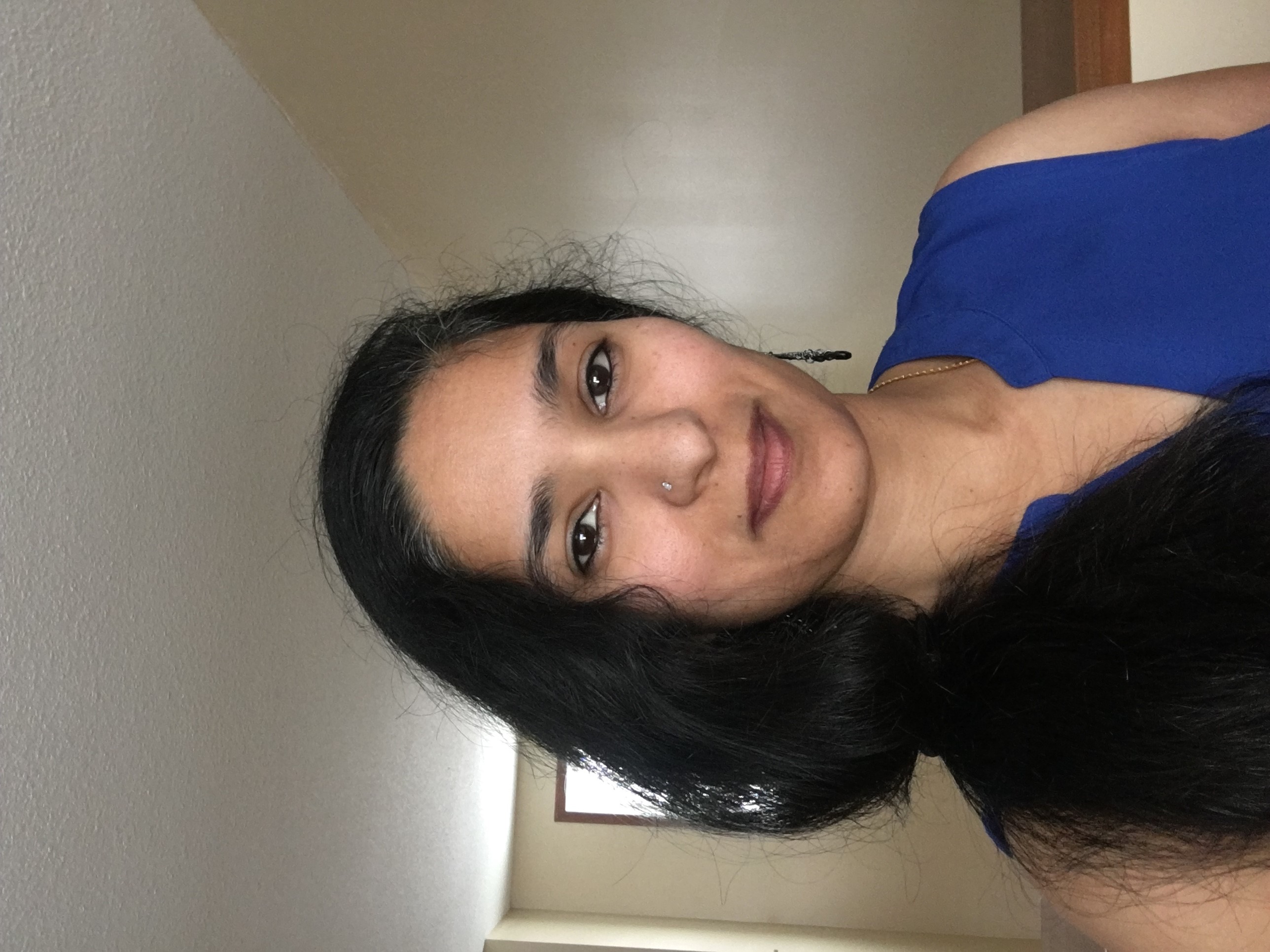 Monika Vadali
Monika Vadali
Environmental Research Scientist, Minnesota Pollution Control Agency
Dr. Vadali is an Environmental Research Scientist with the Minnesota Pollution Control Agency. Apart from regulatory air toxics modeling work she actively seeks out grants for doing community based air quality research specifically with sensors, in trying to understand how short term, neighborhood events affect air quality and impacts on quality of life. She has a special interest around air quality in schools, children’s exposures, disproportionate air quality in Environmental Justice areas and related education and outreach. She has a Bachelors and Masters in Environmental studies from India and a doctoral degree in Environmental Health from the University of Minnesota.
Virtual Summer Series Session 3: Assessing Urban air quality project
 Dena Vallano
Dena Vallano
Physical Scientist, US EPA
Dena is a Physical Scientist in the Air Quality Analysis Office at the U.S. Environmental Protection Agency’s San Francisco Region 9 office where she works on ambient air quality issues, next-generation air quality sensors, and community air monitoring.
Virtual Fall Series Session 2: Evaluation of Low-Cost Particulate Matter Sensors for Measuring Wildfire Smoke
 Marina Vanderberg
Marina Vanderberg
Student, Nevada State College
I am an Environmental Resource Science major with a minor in chemistry. I just graduated from Nevada state college in May 2020. I am interested in environmental pollution. My future plans are to attend graduate school, where I can bring both my knowledge of environmental science and chemistry.
Virtual Summer Series Session 3: Clean Air Tourism: Assessment of Individual Exposure to Indoor and Outdoor Air Pollution on the Las Vegas Strip Using Portable Sensors, Las Vegas, Nevada, USA.
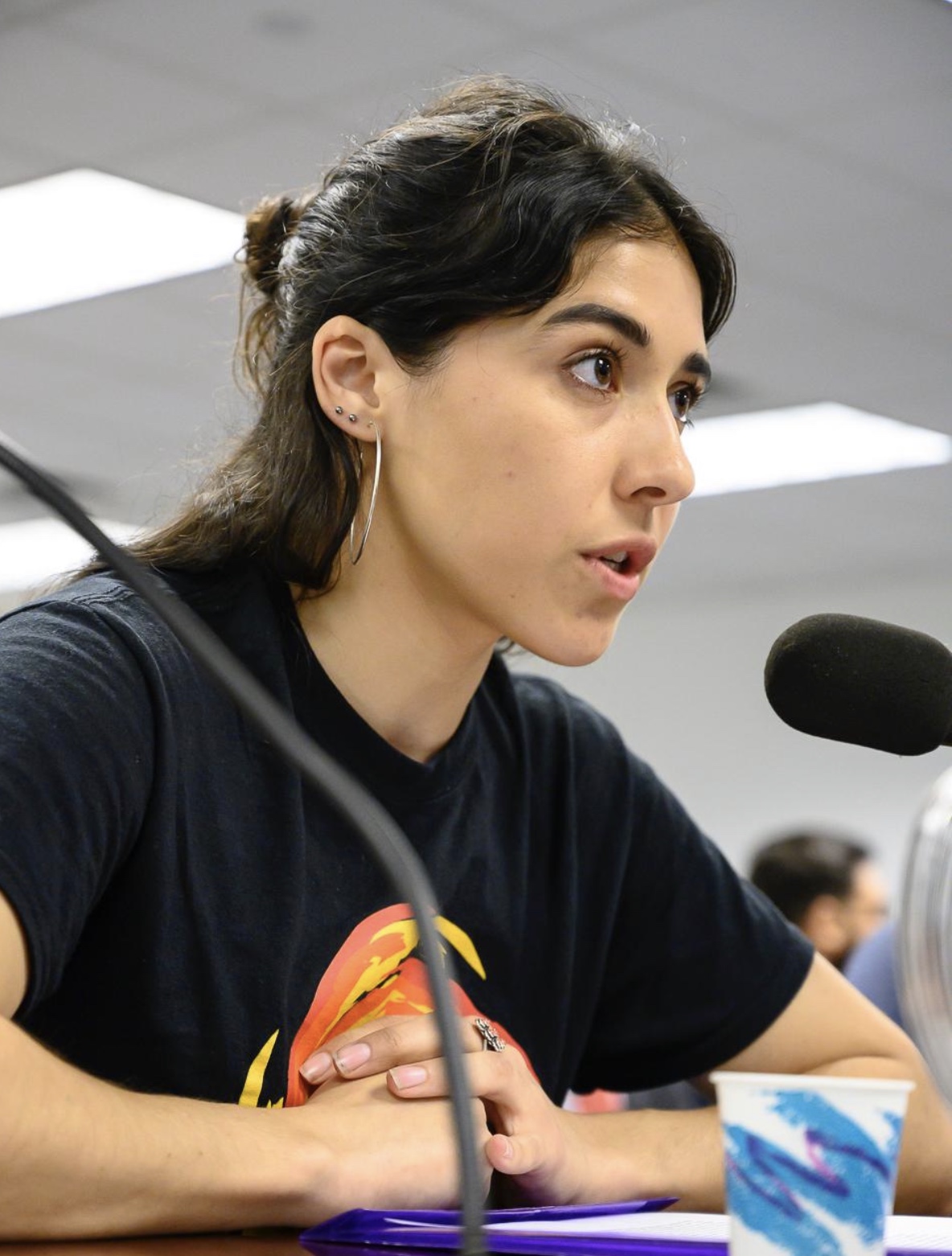 Leslie Velasquez
Leslie Velasquez
Environmental Justice Program Manager, El Puente Green Light District
Leslie Velasquez manages environmental justice programs under El Puente’s Green Light District, a holistic 10 year community development program for the neighborhood of Los Sures, Williamsburg Brooklyn. In her work, she mobilizes community members and promotes public policy for initiatives related to a wide variety of environmental issues, with open space equity, air quality, and climate justice as major focus areas. Leslie earned a B.A. in Government and Environmental Studies from Skidmore College.
Virtual Summer Series Session 2: Empowering Community Based Organizations to Improve Air Quality in NYC Environmental Justice Communities
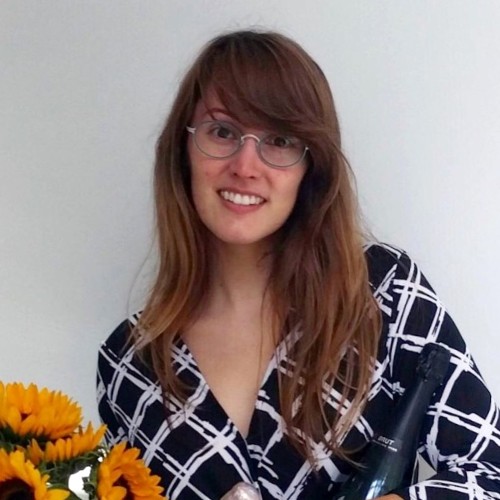 Heidi Vreeland
Heidi Vreeland
ORISE Postdoctoral Fellow, U.S. EPA
Heidi Vreeland is an Oak Ridge Institute for Science and Education (ORISE) postdoc in the Office of Research and Development at the U.S. Environmental Protection Agency (EPA). She works on multiple projects that examine how indoor air spaces are impacted by wildland fire smoke. Heidi holds a Ph.D. in Environmental Engineering from Duke University, and M.S. from the Georgia Institute of Technology.
Virtual Fall Series Session 3: Using a Particle Sensor Network to Characterize Indoor and Outdoor Air Quality of Buildings in Areas Prone to Wildfires

Lisa Wang
M.S. Student Advised by Dr. Shelly Miller, University of Colorado Boulder
Lisa Wang is an M.S student in the Environmental Engineering Program at the University of Colorado Boulder. She is advised by Dr. Shelly Miller. Her research focuses on indoor air quality with respect to transitioning to electrification indoors. She has developed a curiosity for Engineering Law and Education Policy in underserved communities, after spending a summer in Kazakhstan teaching English. Lisa was born in China and grew up in sunny Johannesburg, South Africa. In her free time, she likes to run, swim, and spend hours testing and developing new food recipes.
2021 Virtual Session: Indoor Ventilation and Health Effects
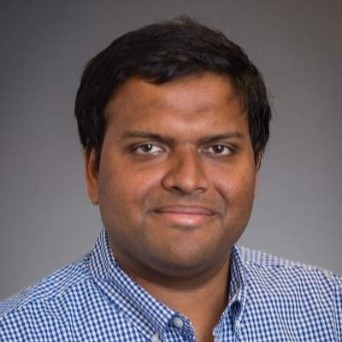 Sai Yamanoor
Sai Yamanoor
IoT Applications Engineer, DesignAbly
Sai Yamanoor is an IoT Applications Engineer at Linde, an industrial gases company in Buffalo, NY. He is a co-author of two books on the use of Raspberry Pi to execute DIY projects, and he has also presented a Personal Health Dashboard system at Maker Faires across the country. Sai is also currently working on machine learning projects aimed at improving Quality of Life (QoL) for people with chronic health conditions. A portfolio of his projects is available at http://saiyamanor.com/
Virtual Fall Series Session 3: Open Source Edge Computing Platform for Air Quality Applications
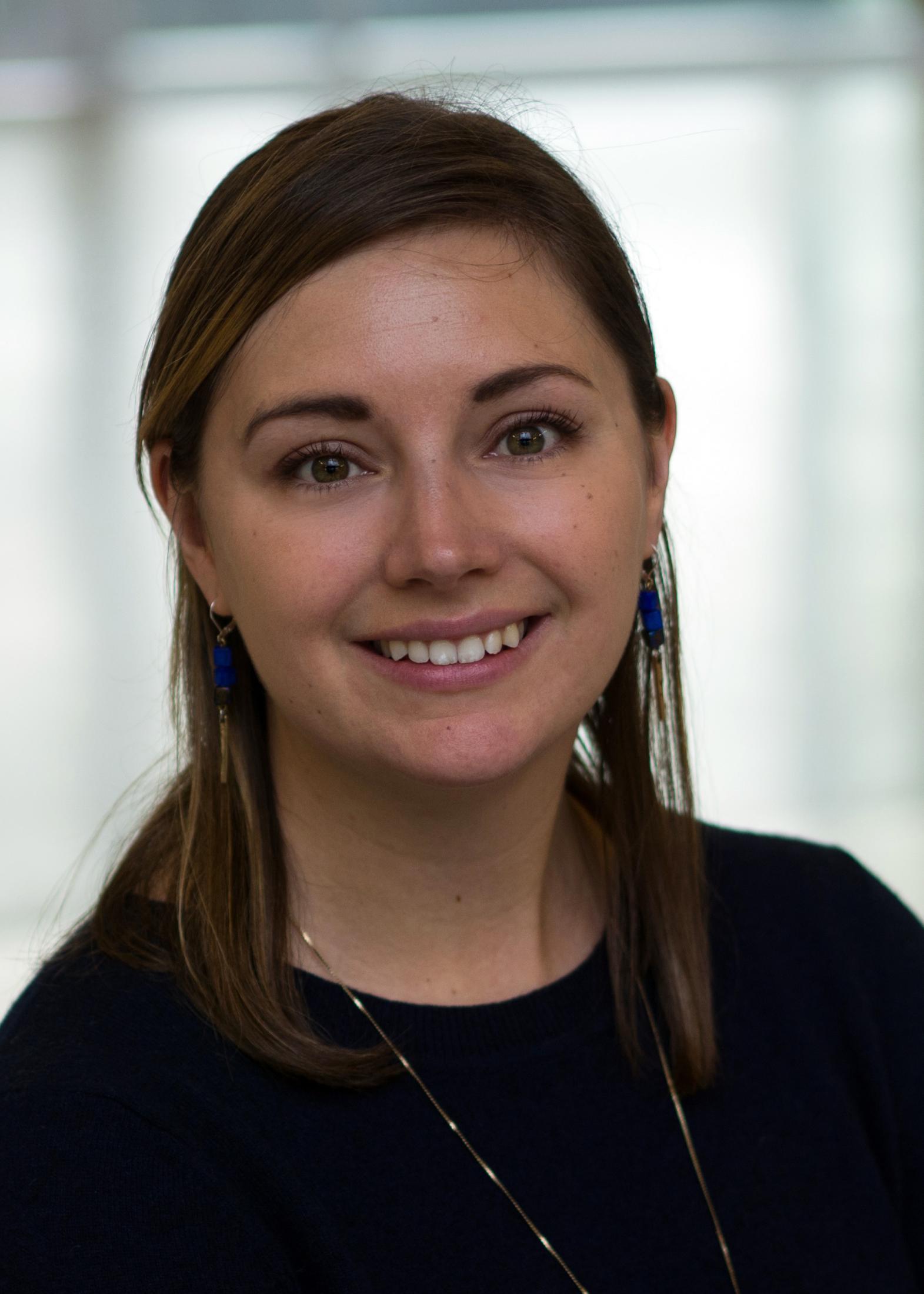 Naomi Zimmerman
Naomi Zimmerman
Assistant Professor, university of British Columbia
Dr. Naomi Zimmerman is an Assistant Professor in the Dept. of Mechanical Engineering at the University of British Columbia in Vancouver, Canada and is a Canada Research Chair in Sustainability. Prior to joining UBC she was a postdoctoral fellow at the Center for Atmospheric Particle Studies at Carnegie Mellon University and also holds a PhD in Chemical Engineering from the University of Toronto.
Virtual Summer Series Session 2: Determining fleet-based vehicle emission factors using low-cost sensors: A case study in three parking garages
